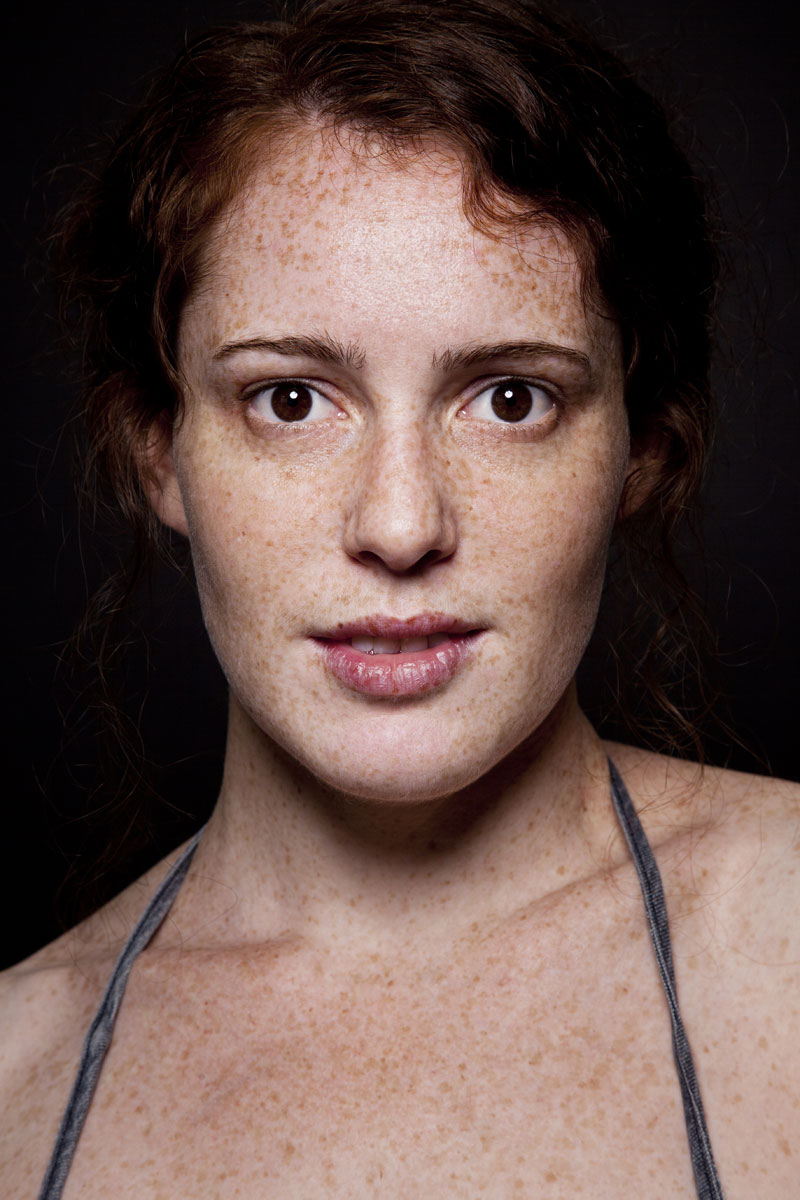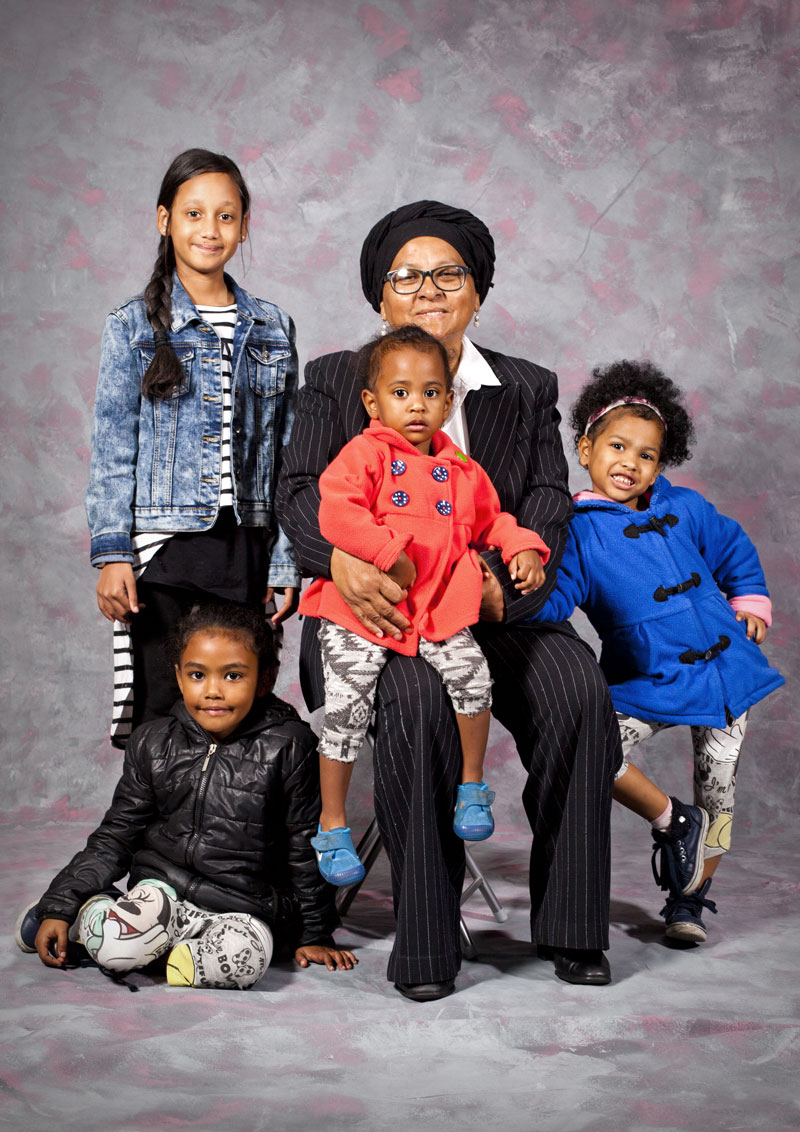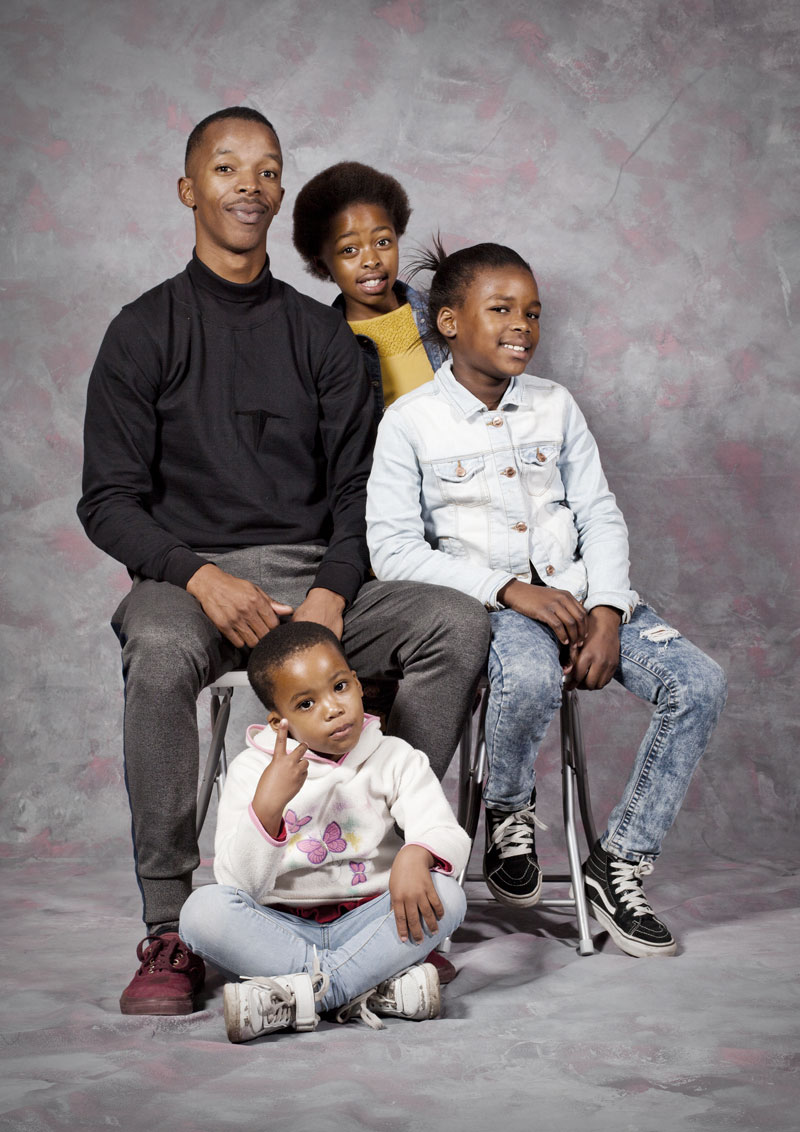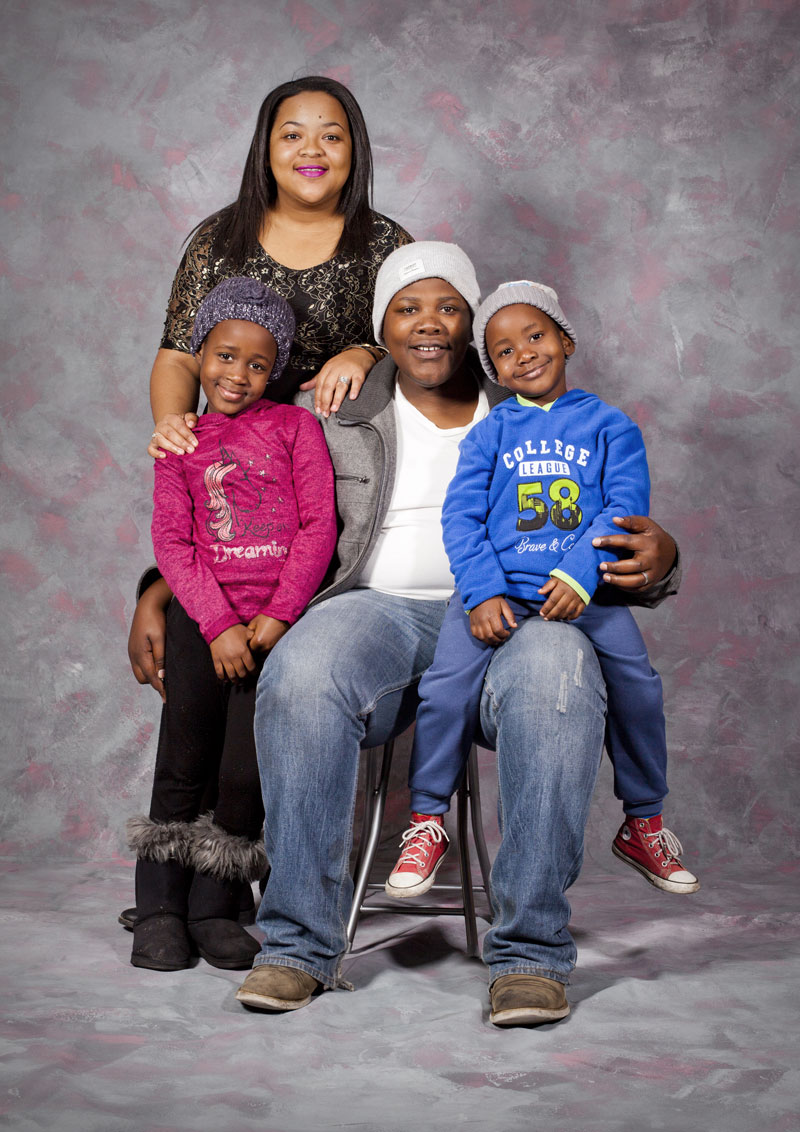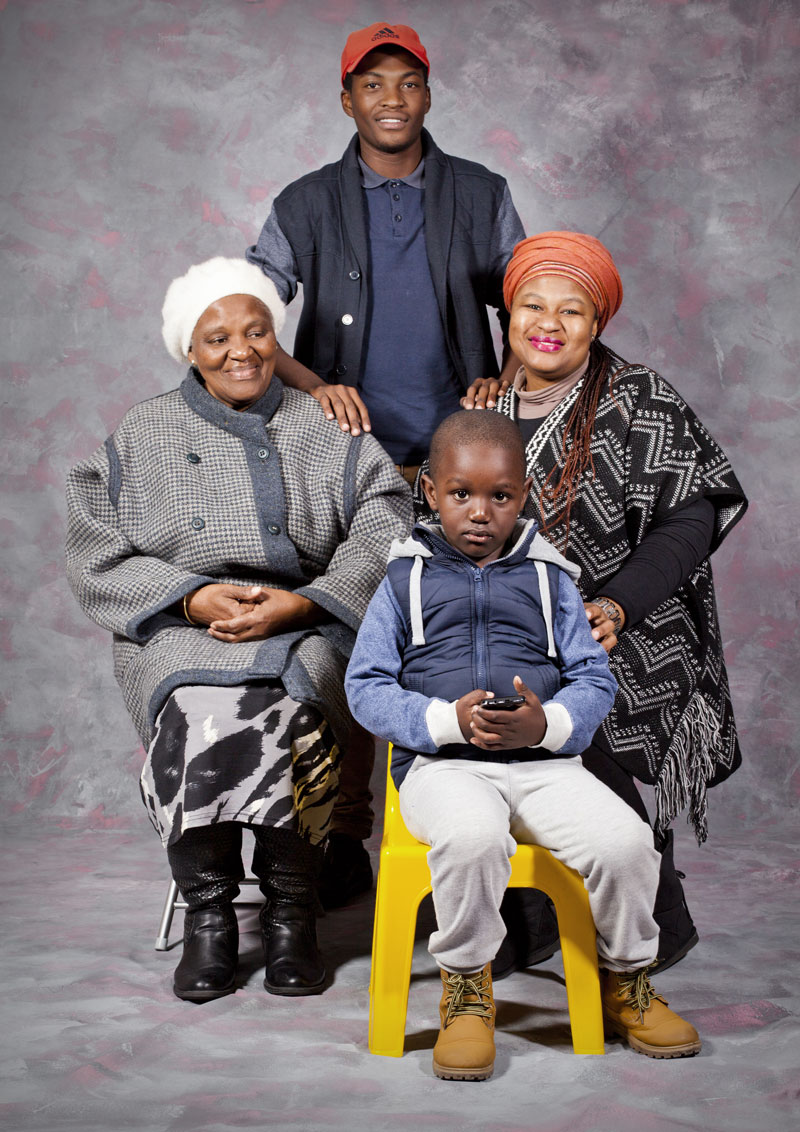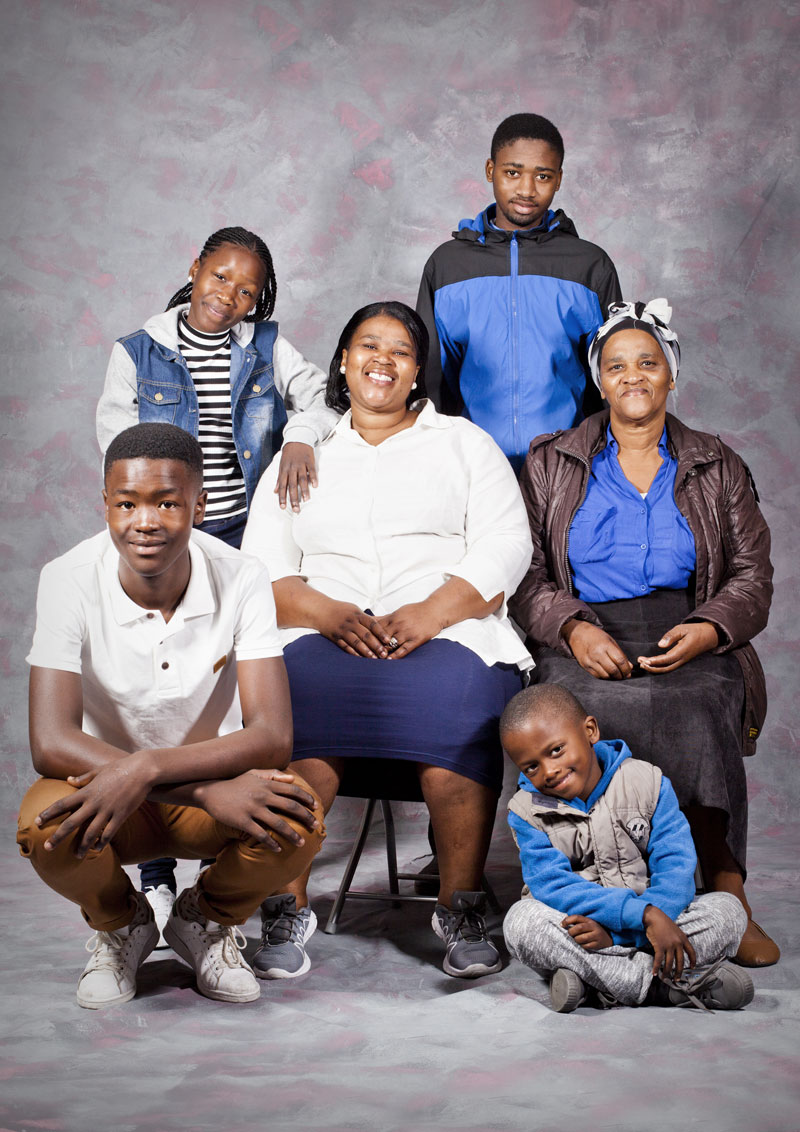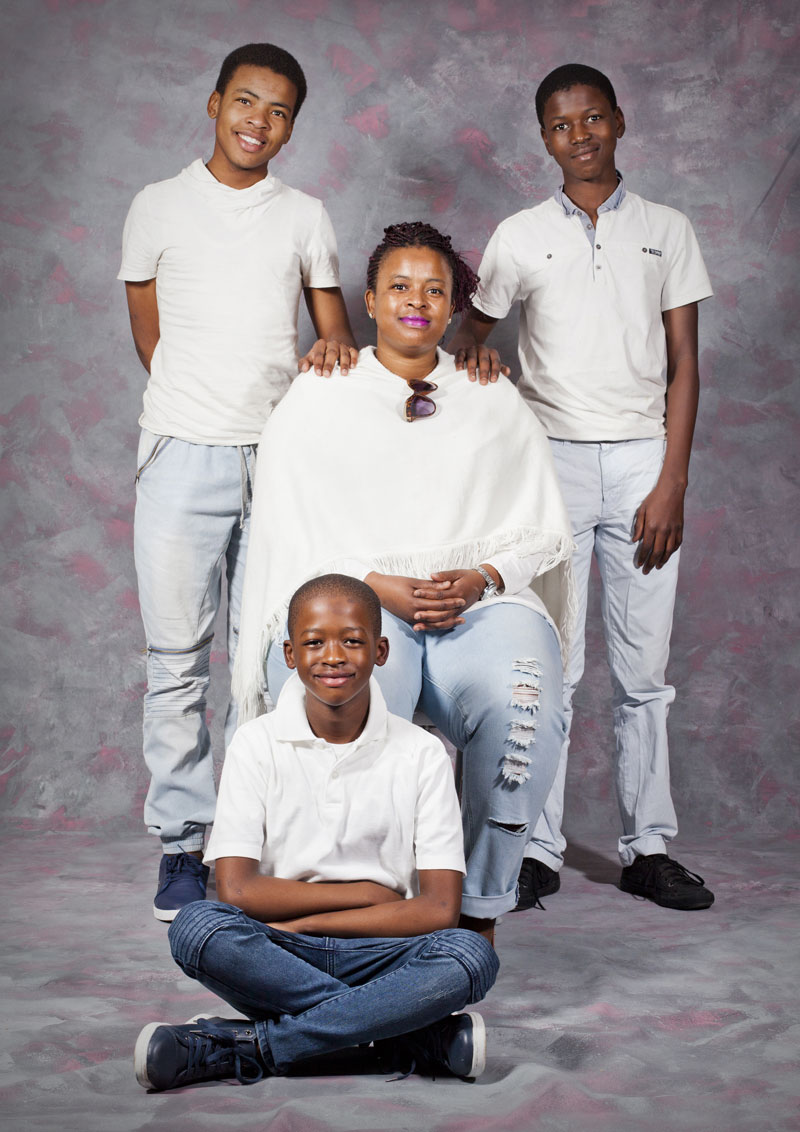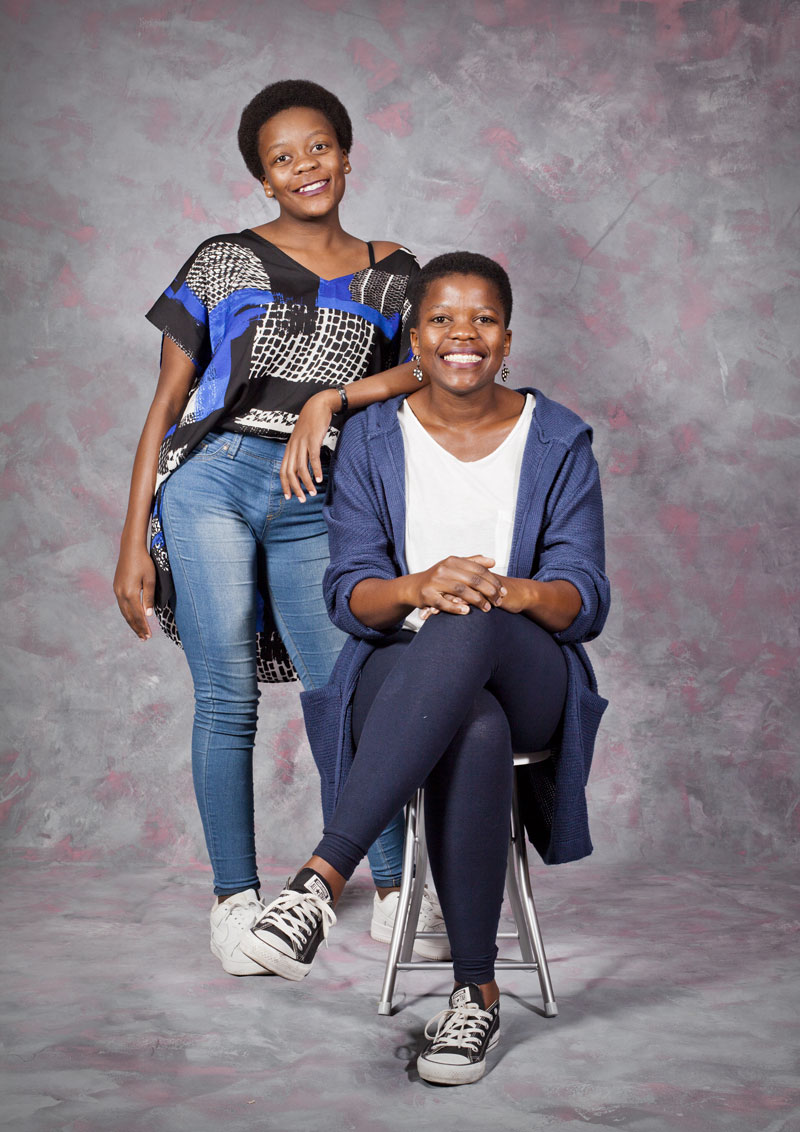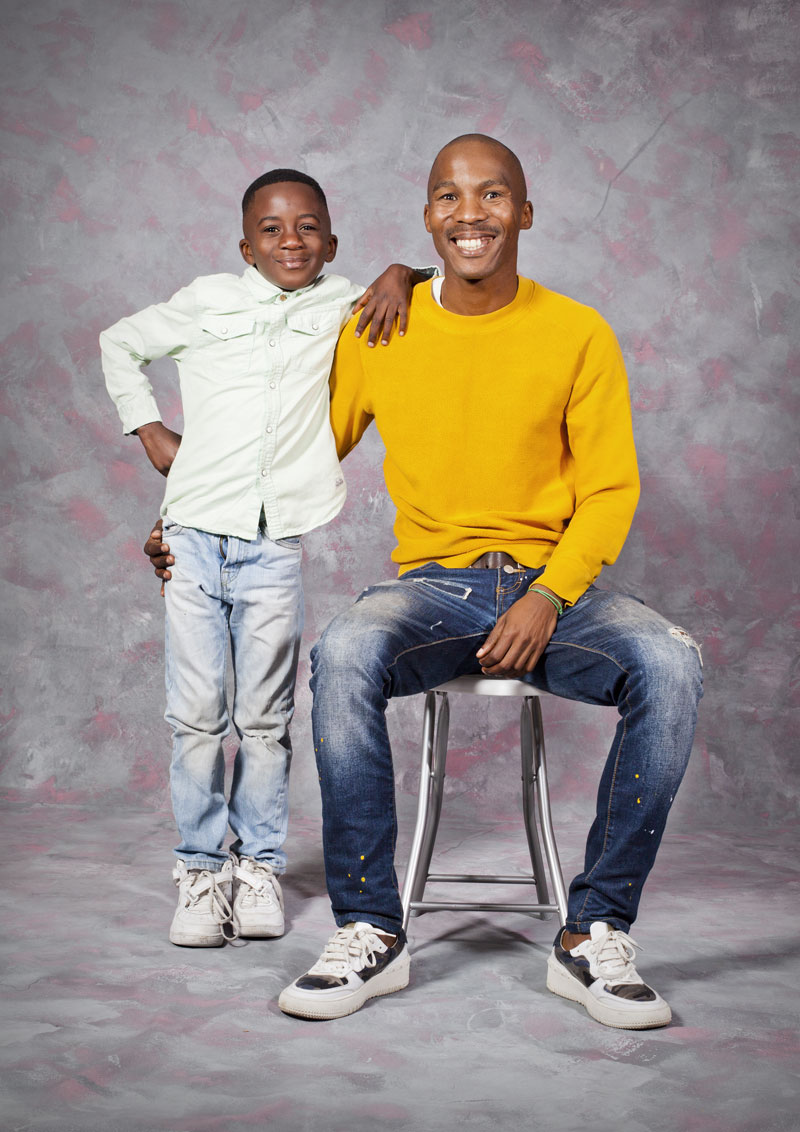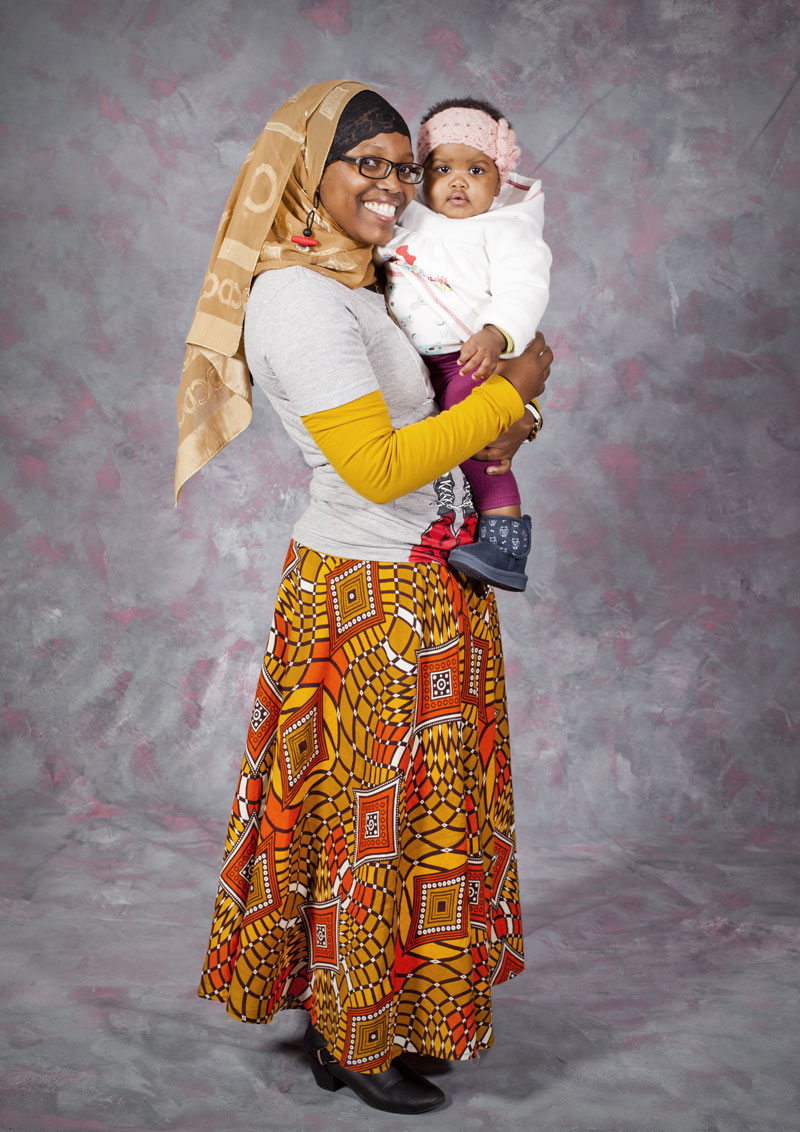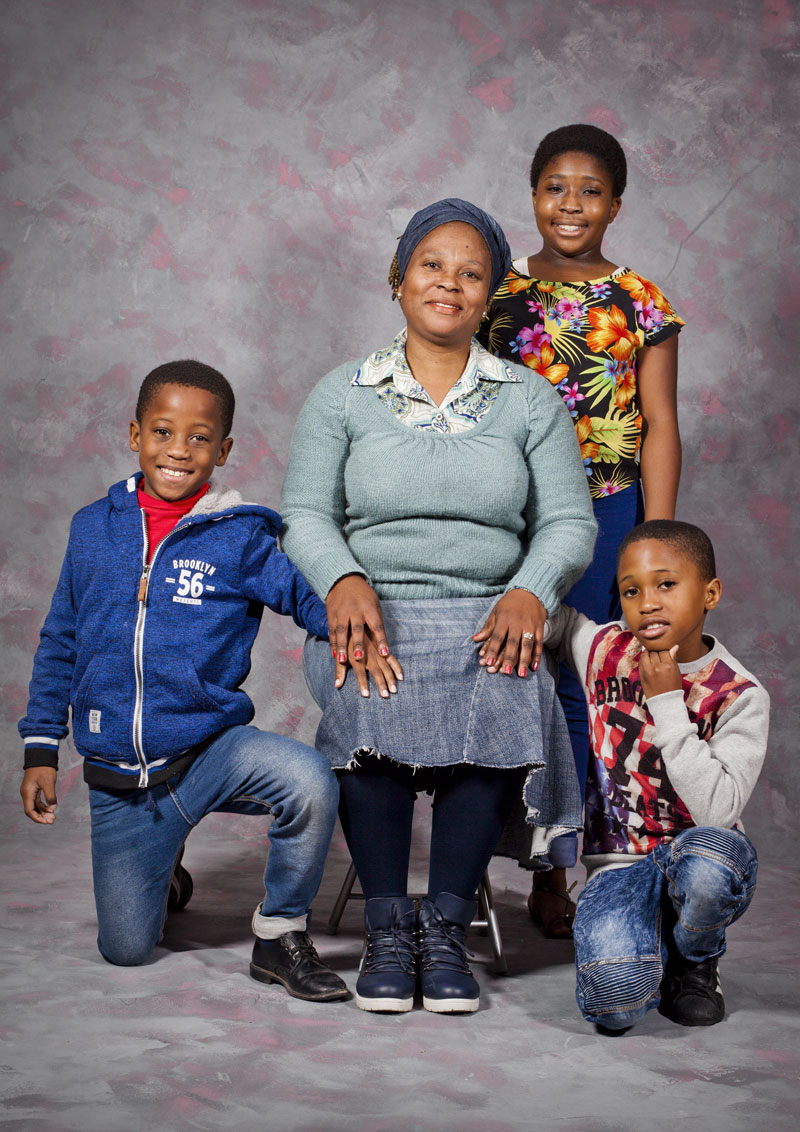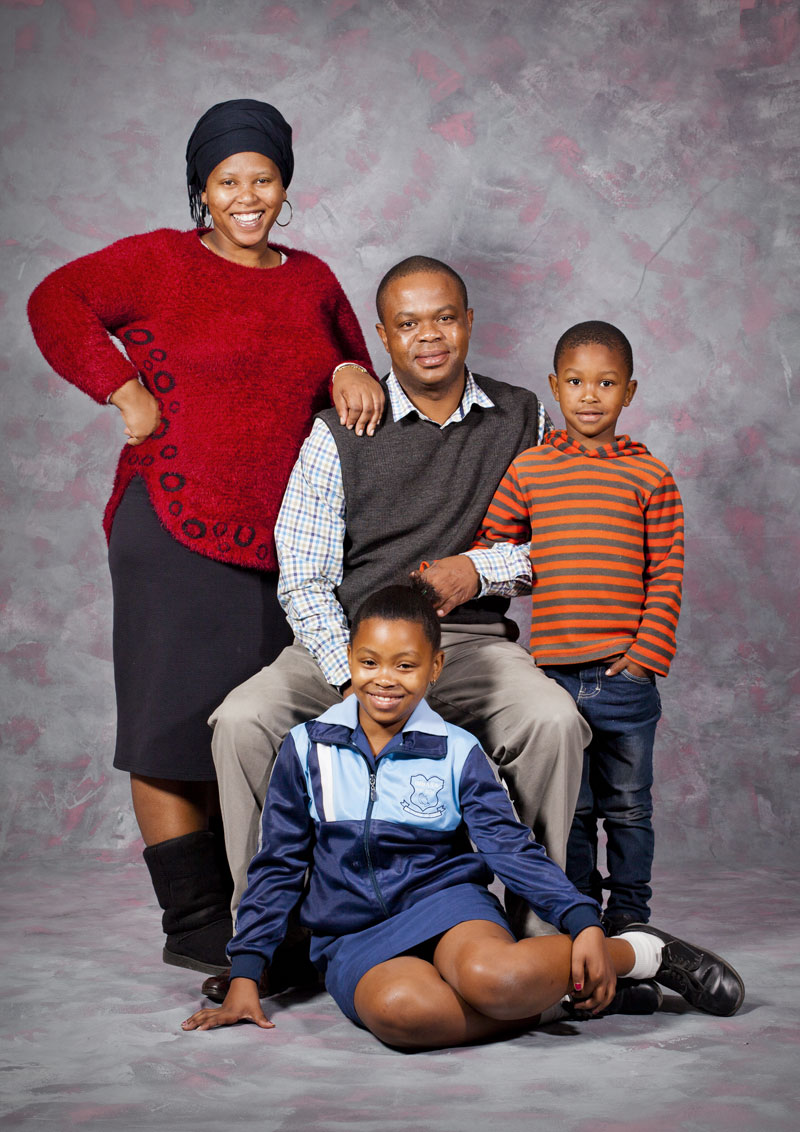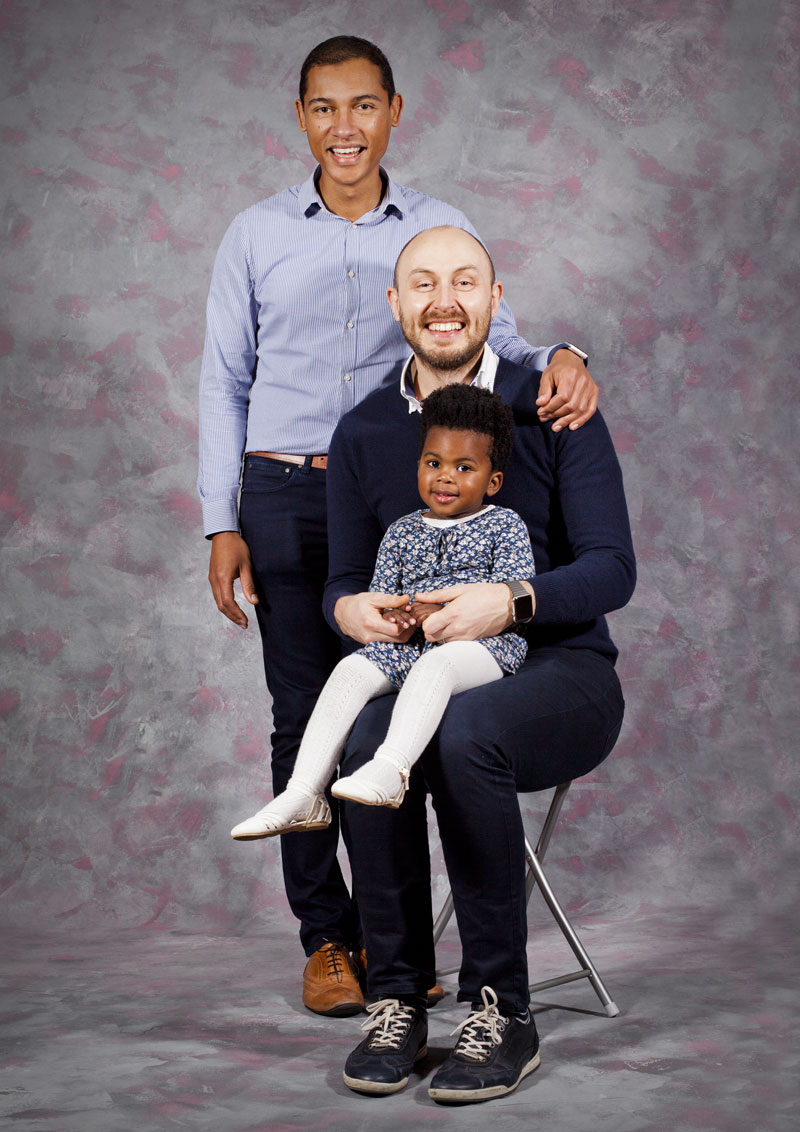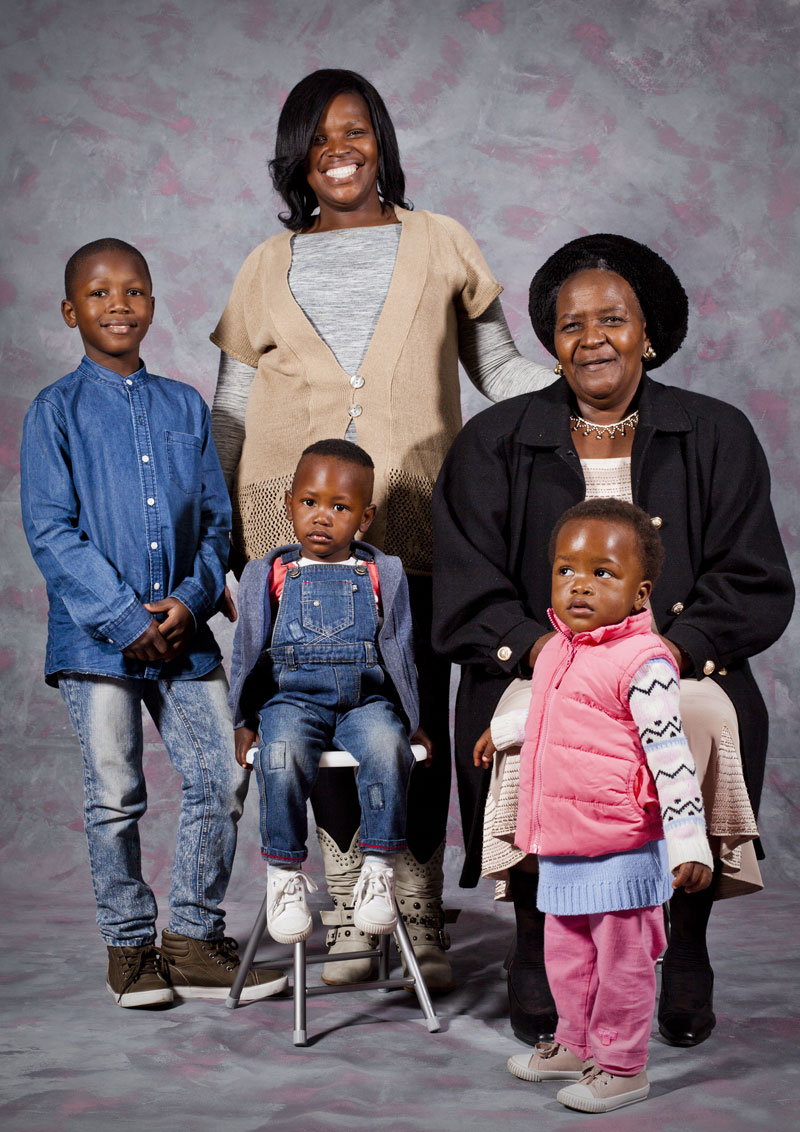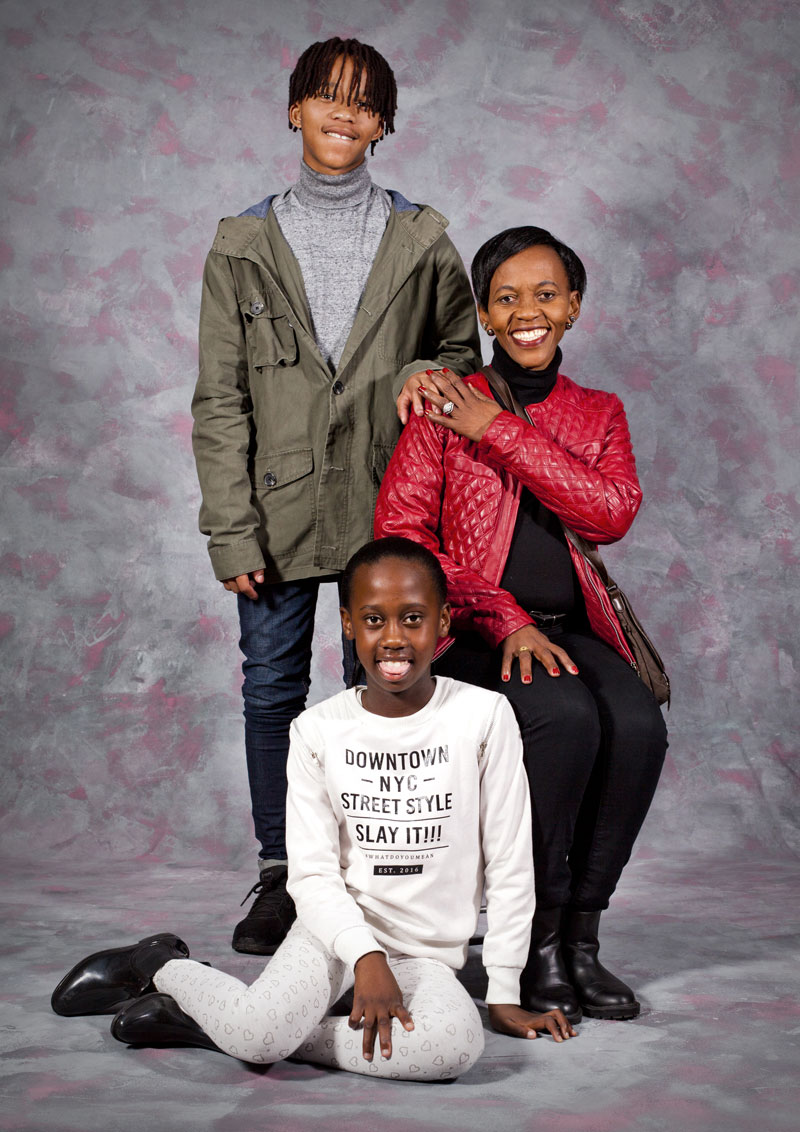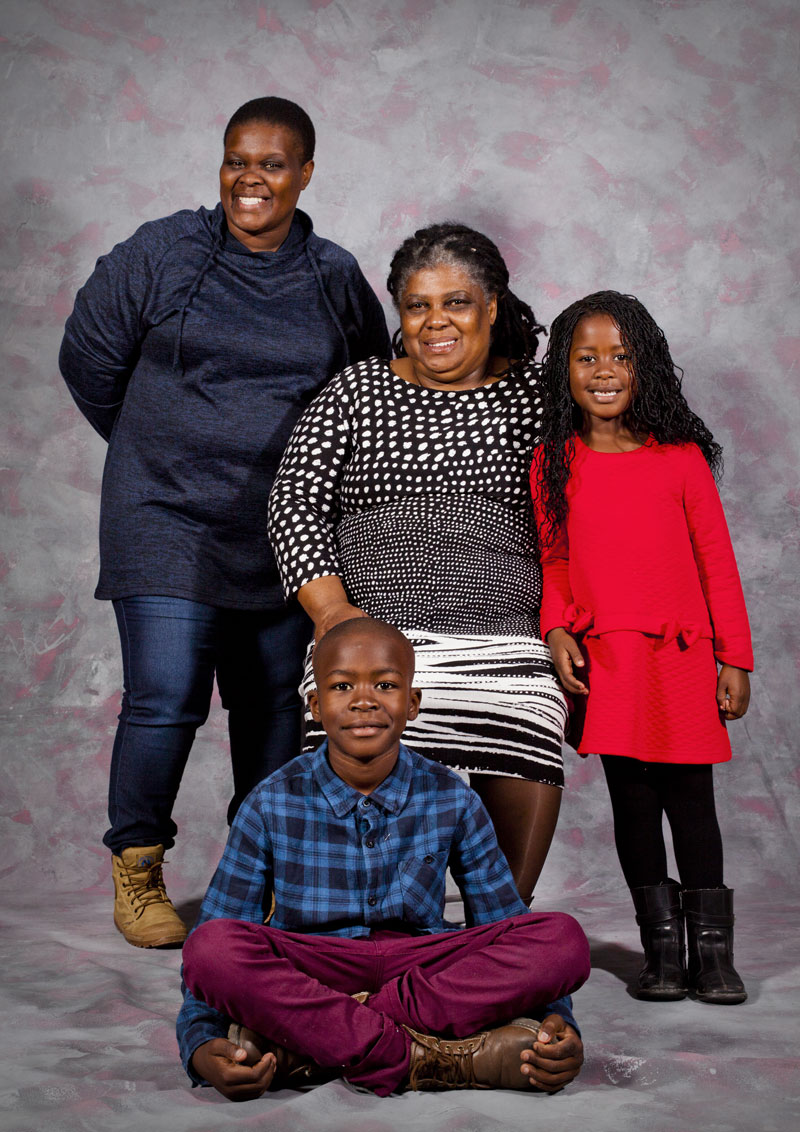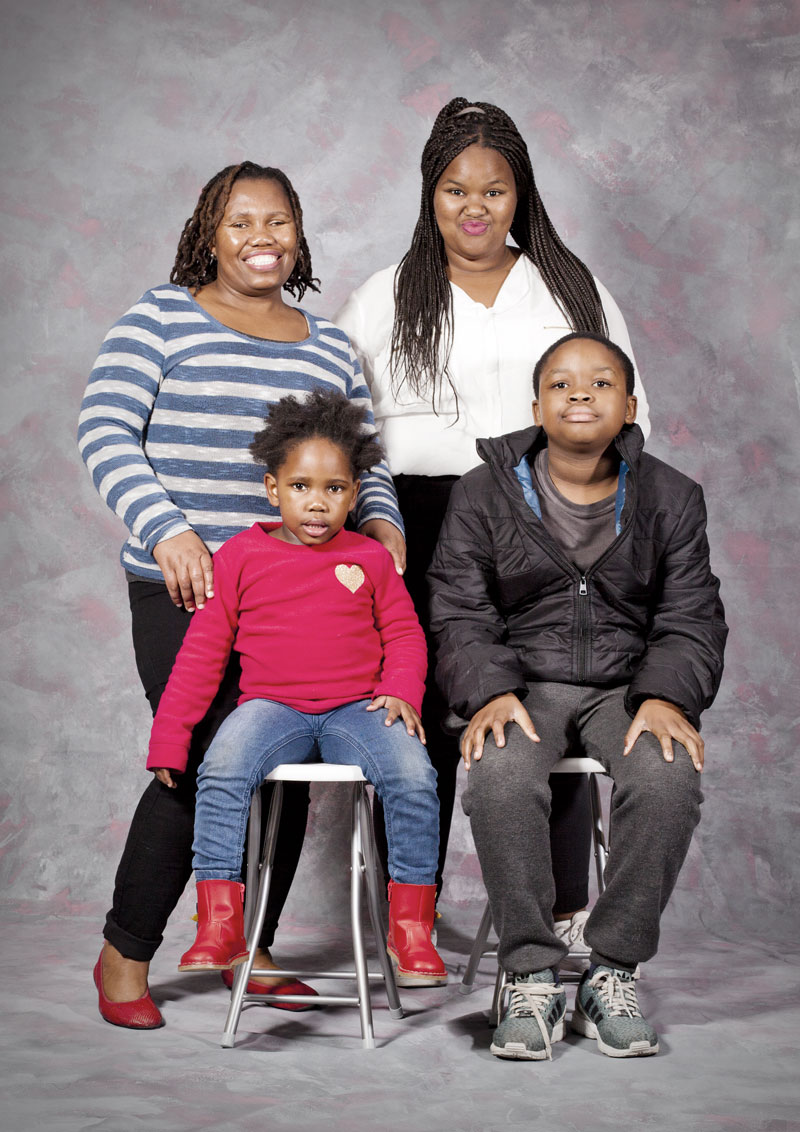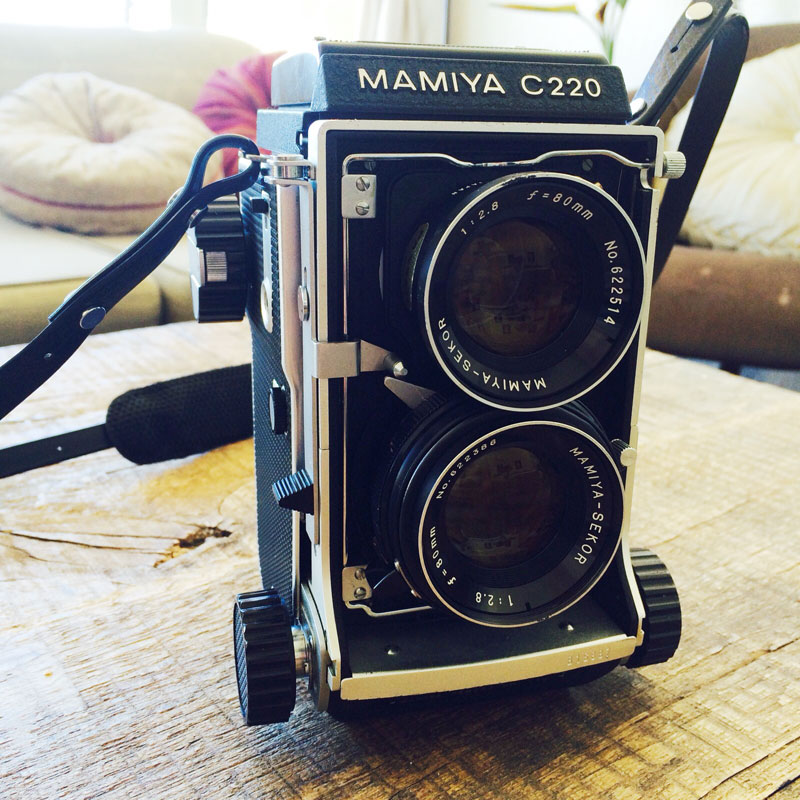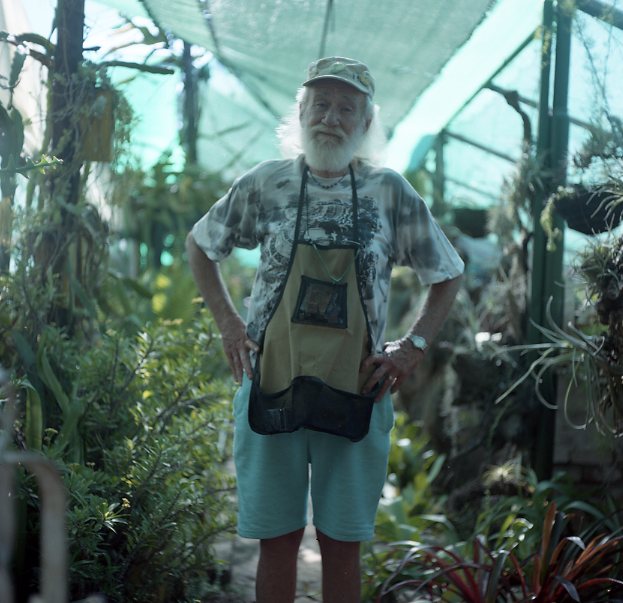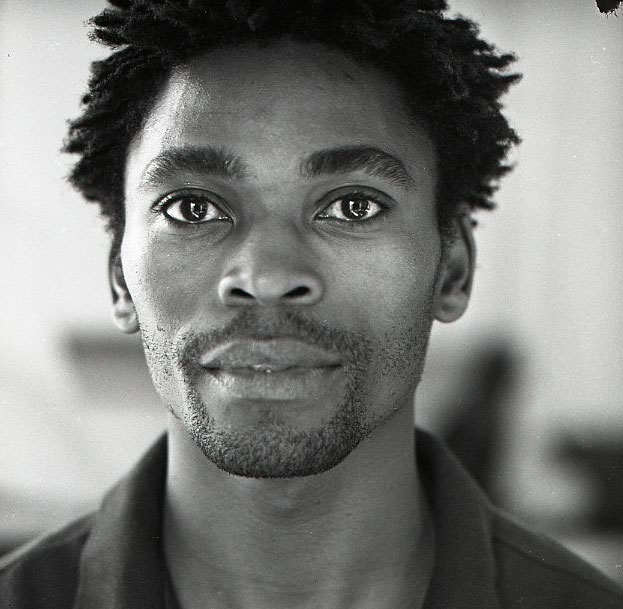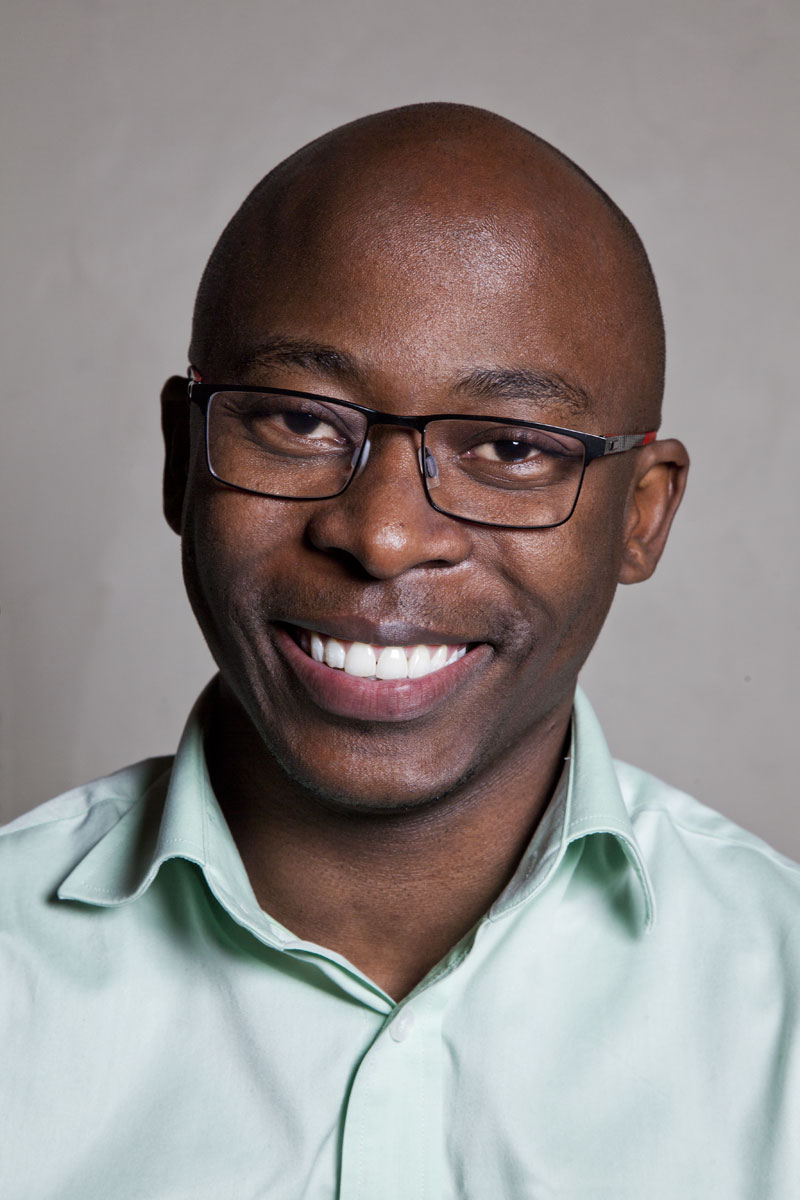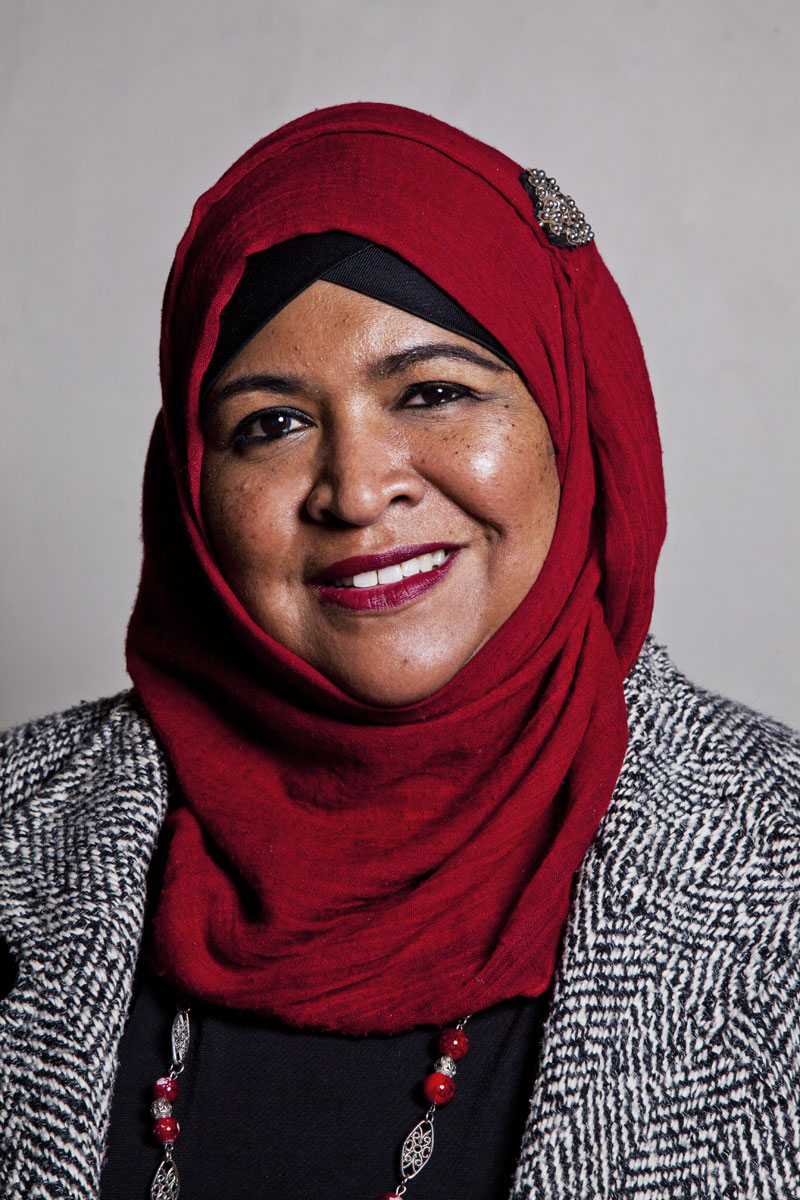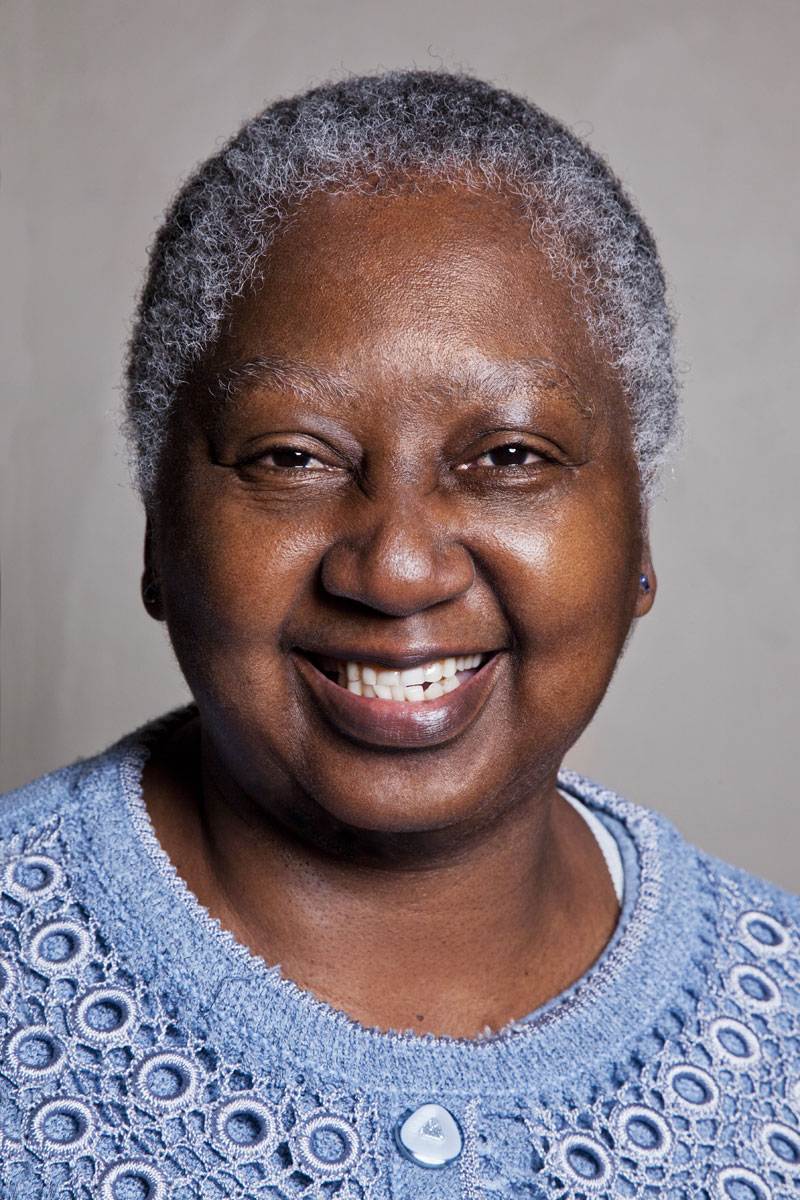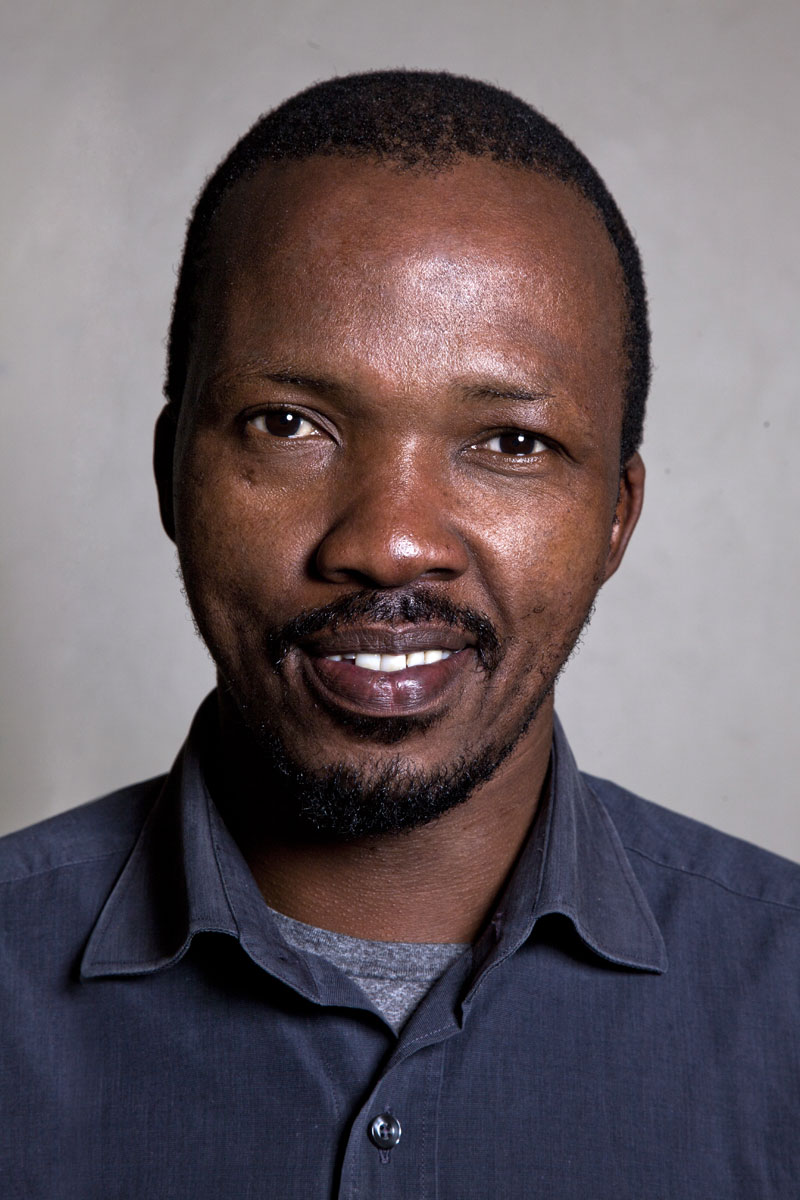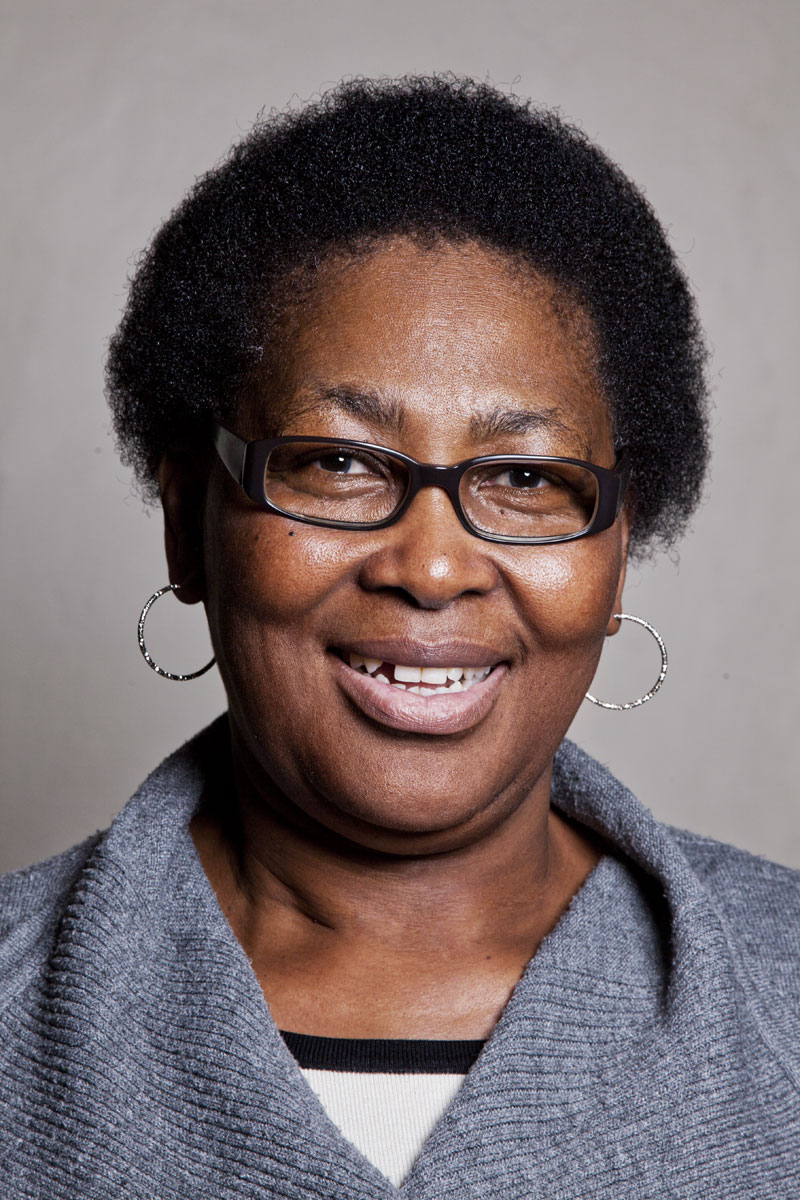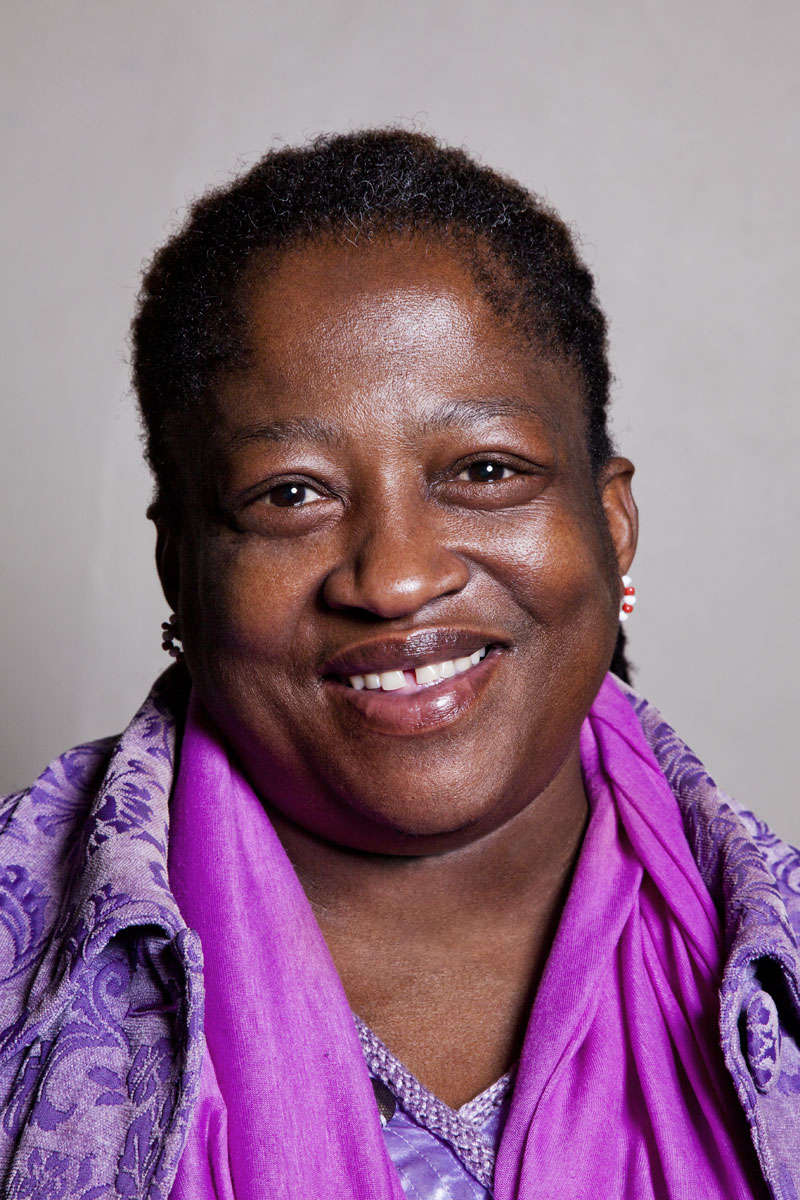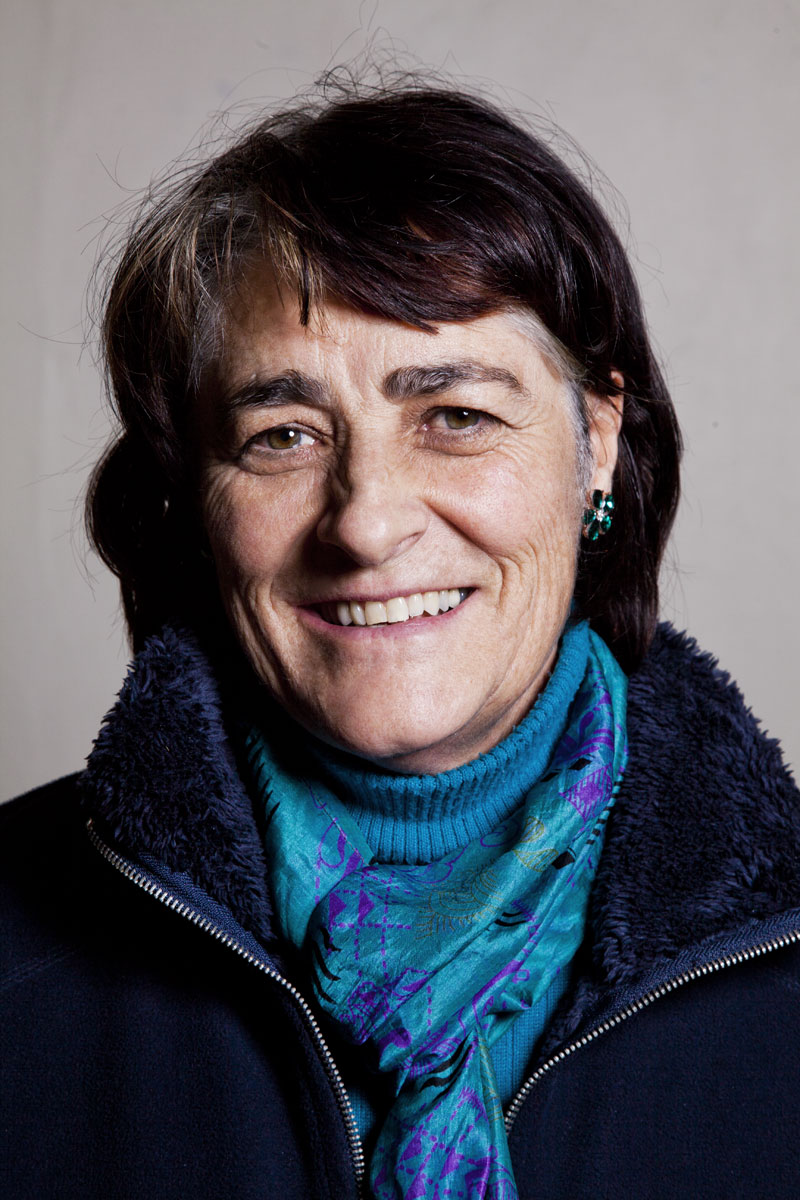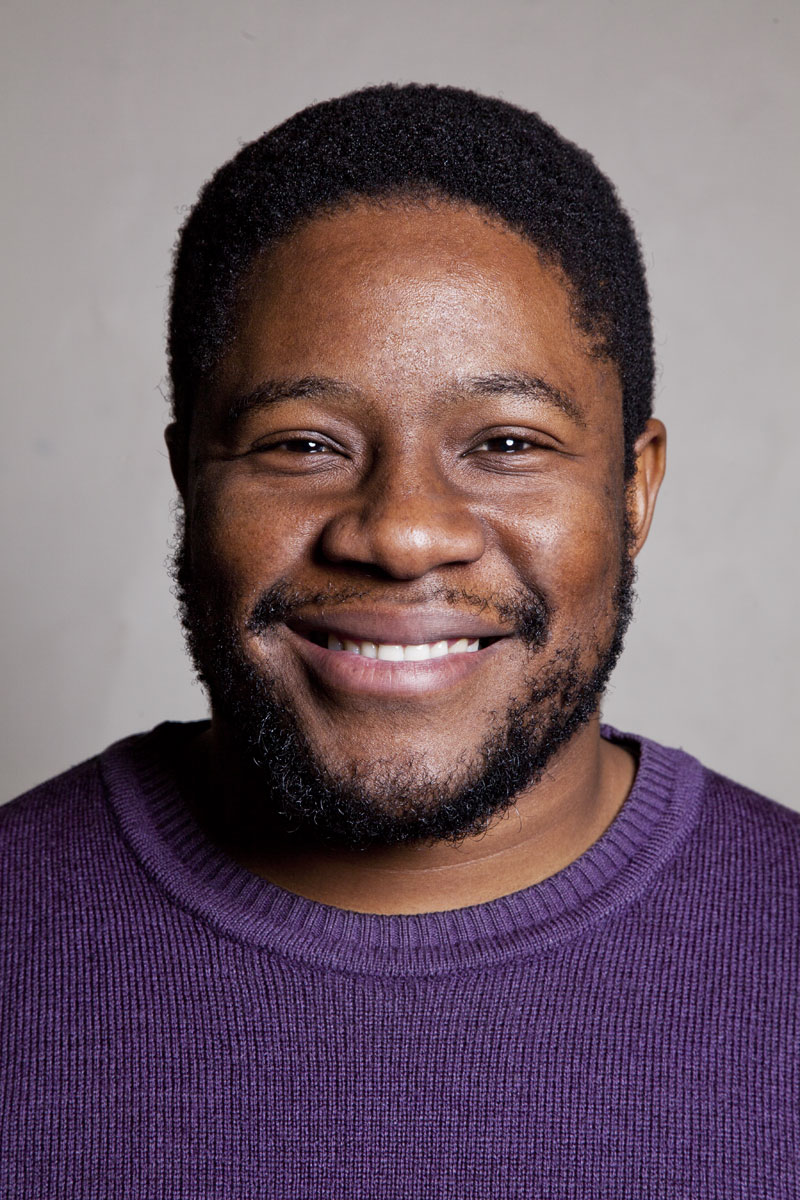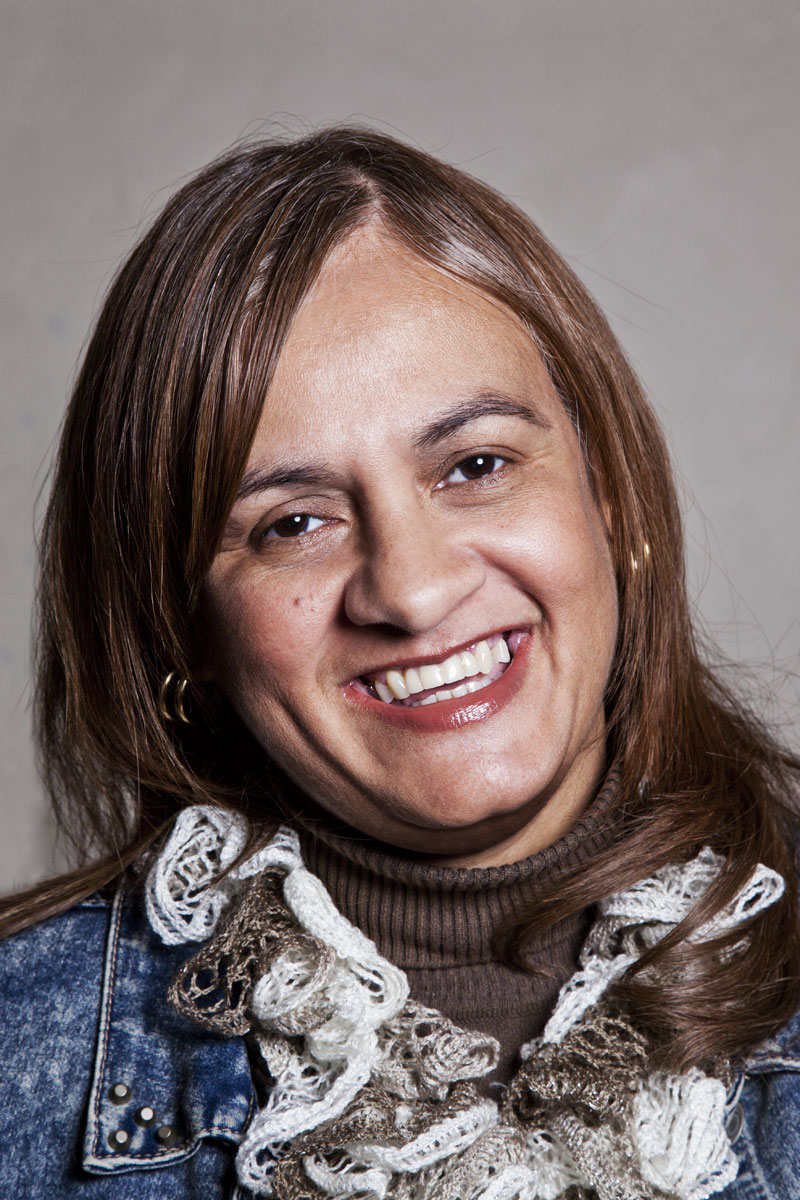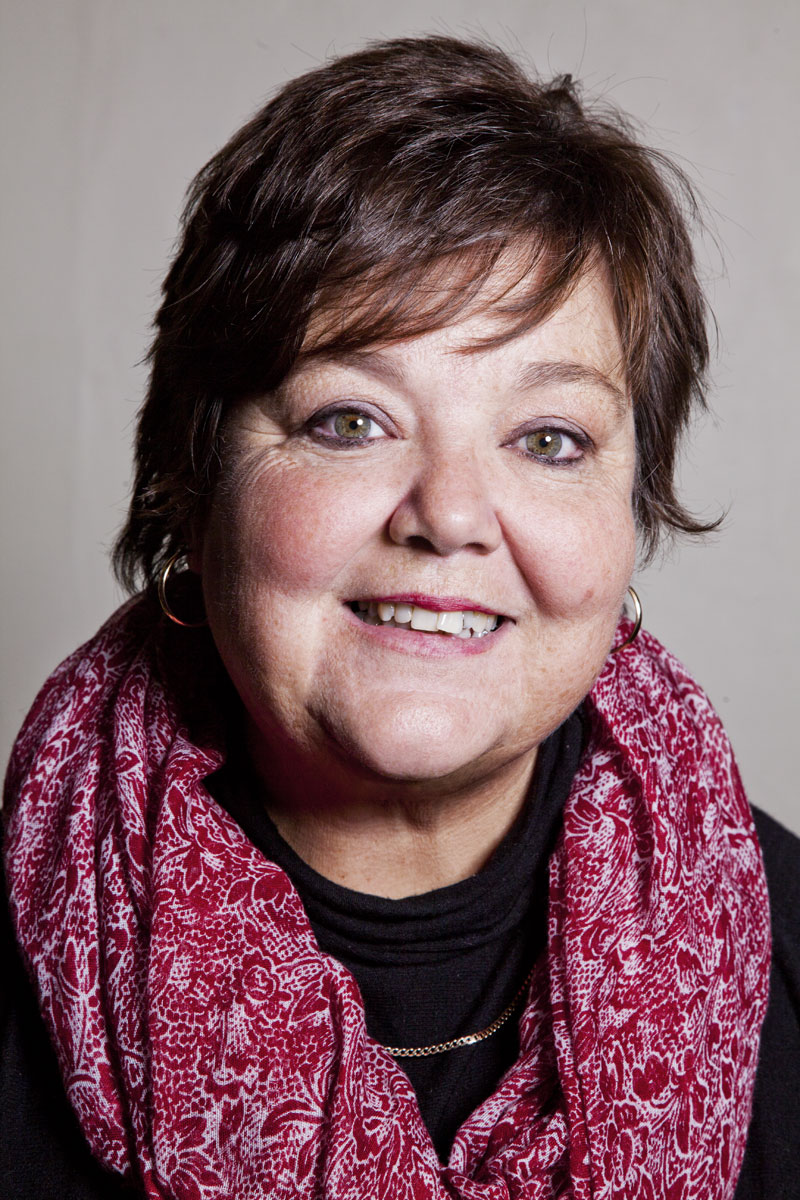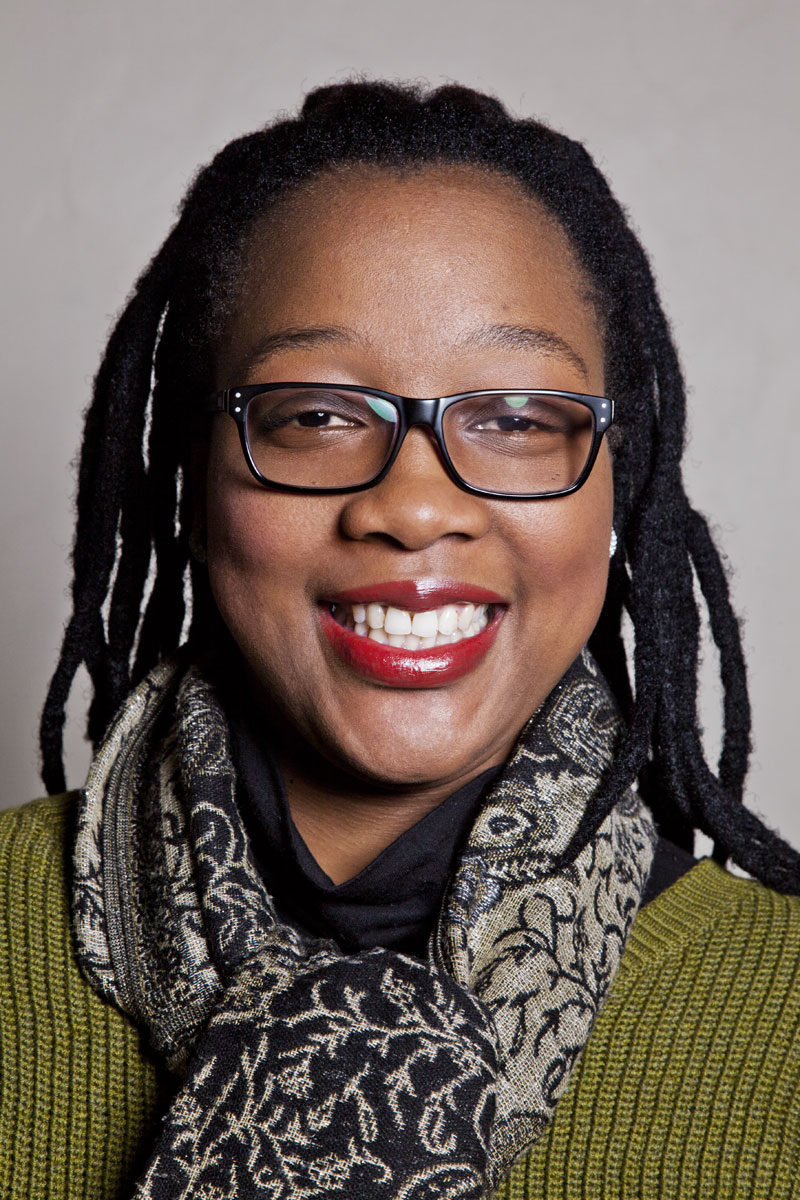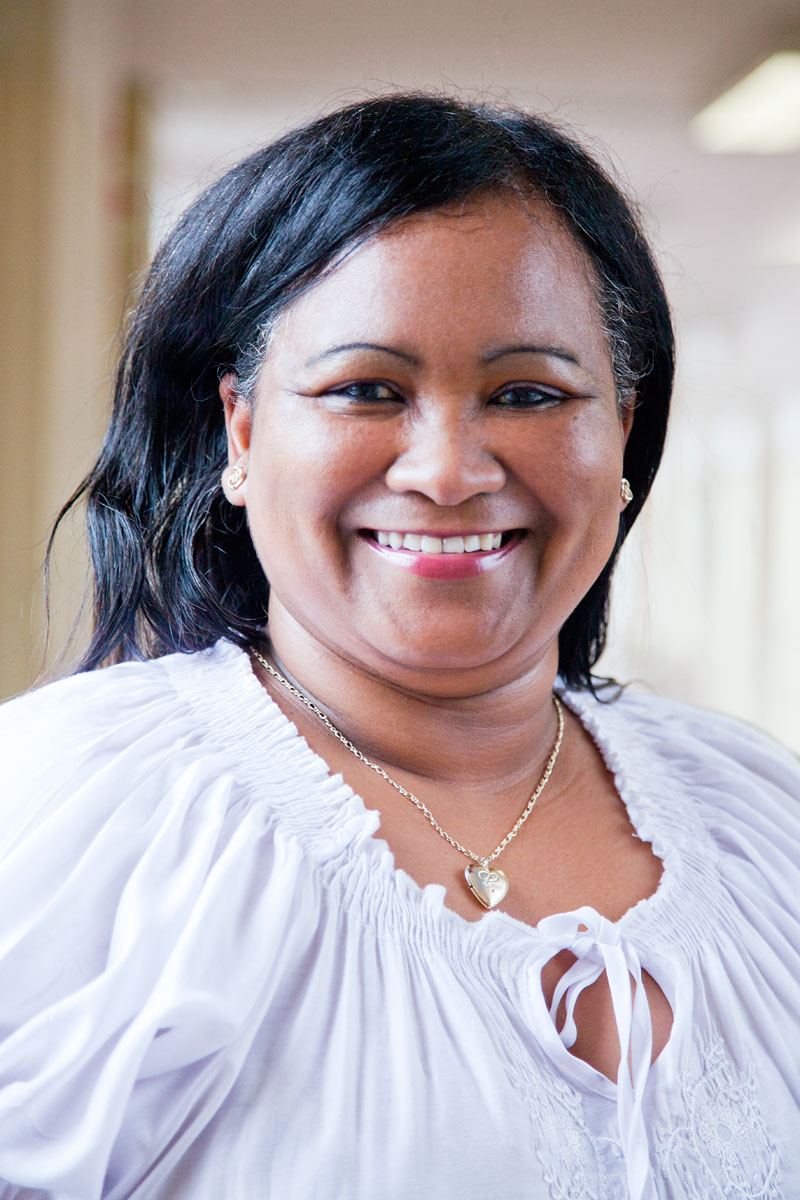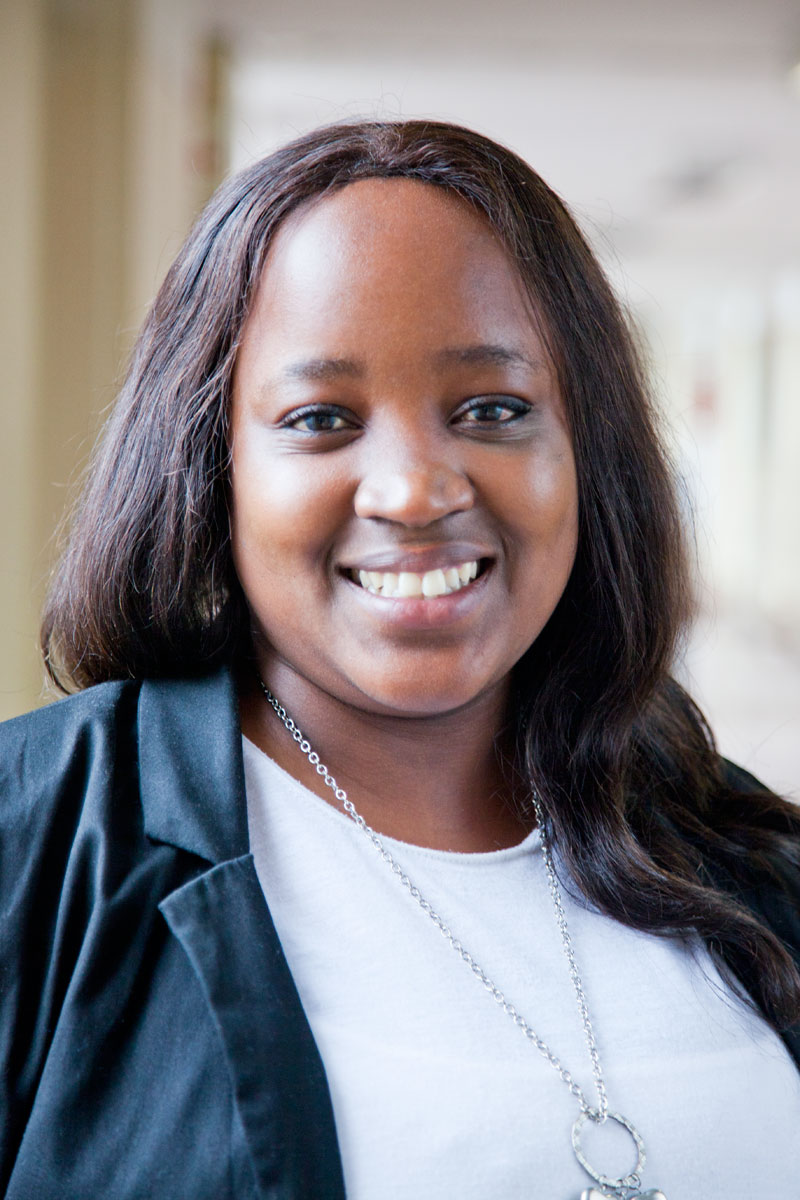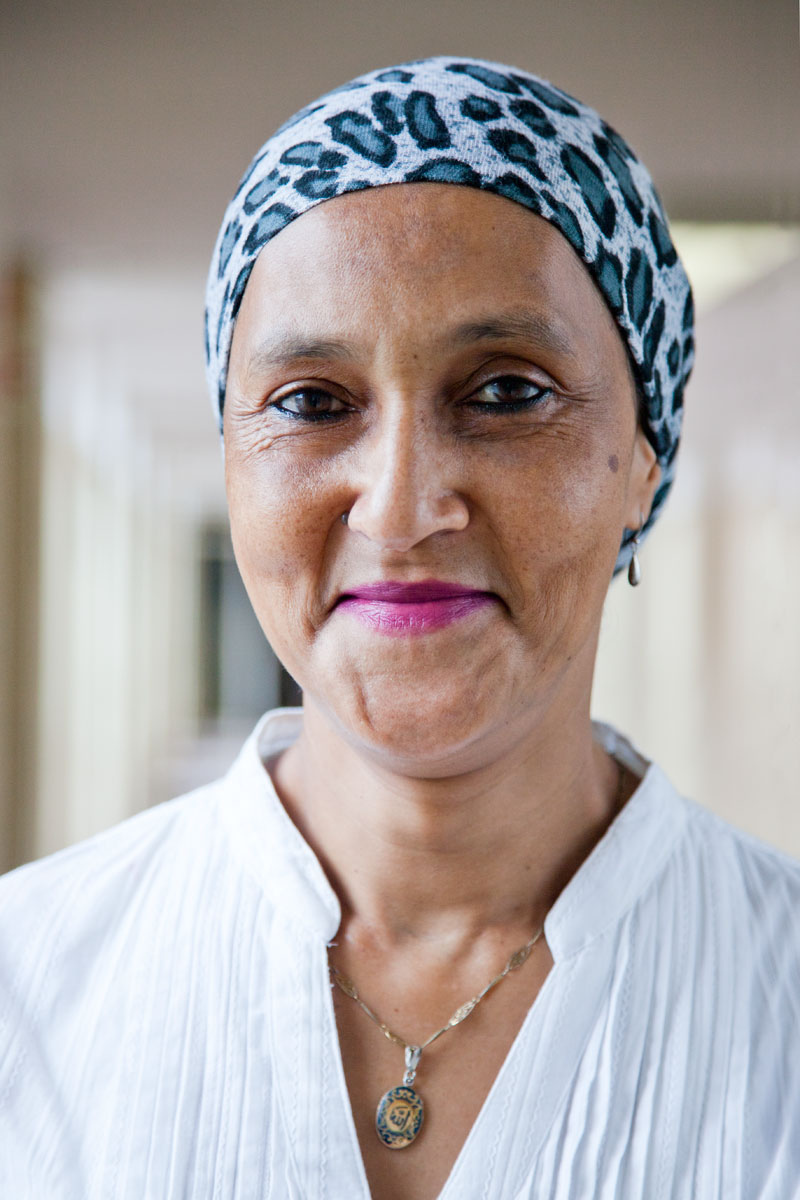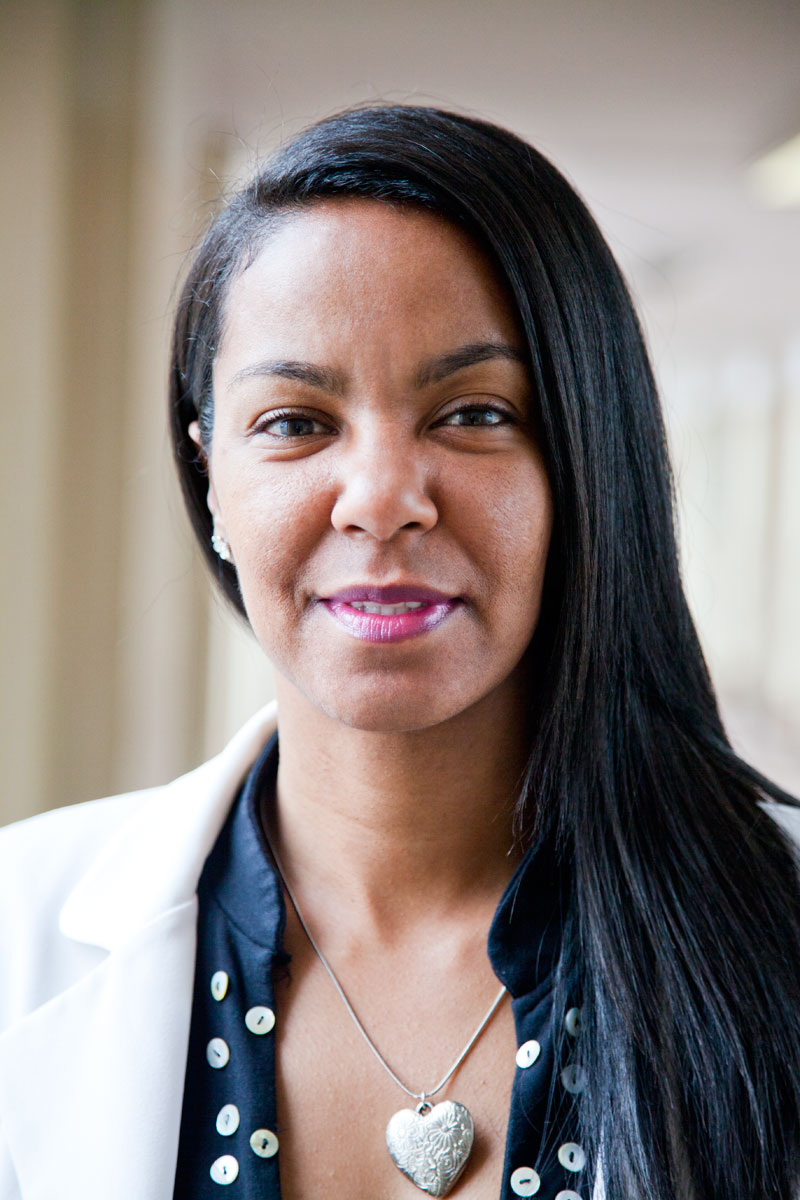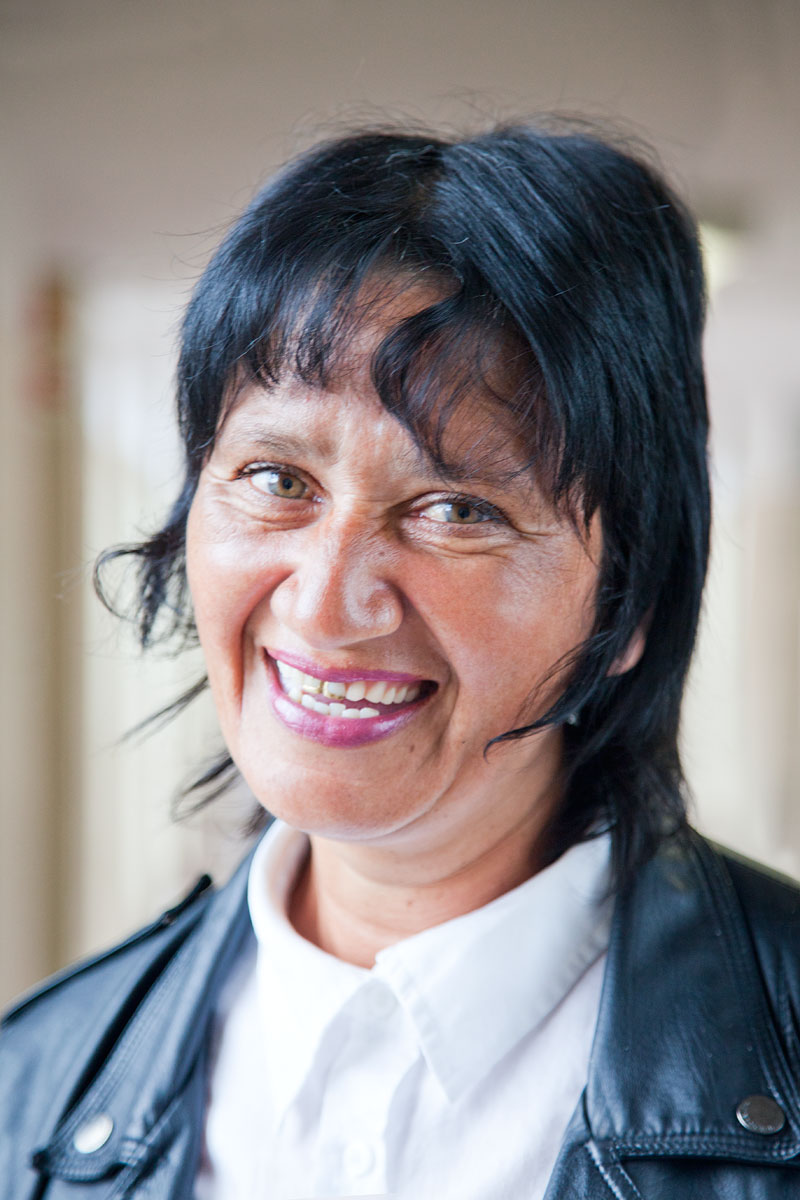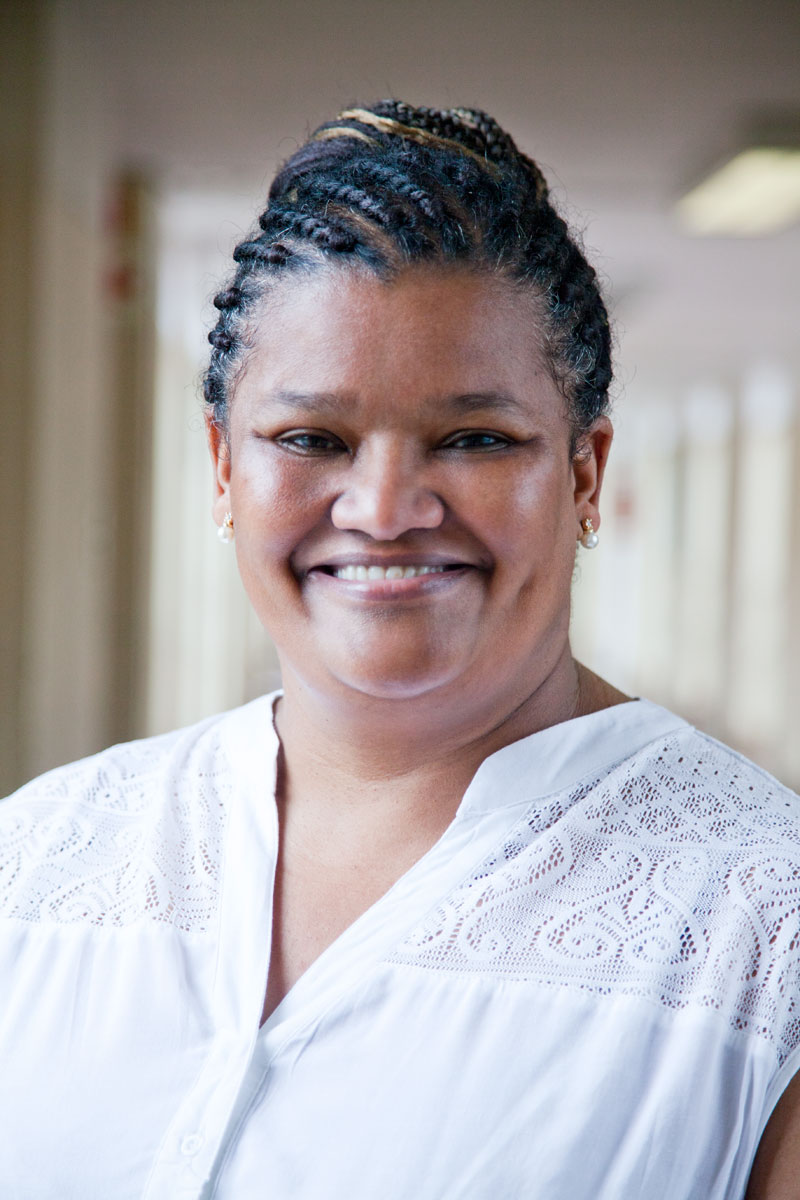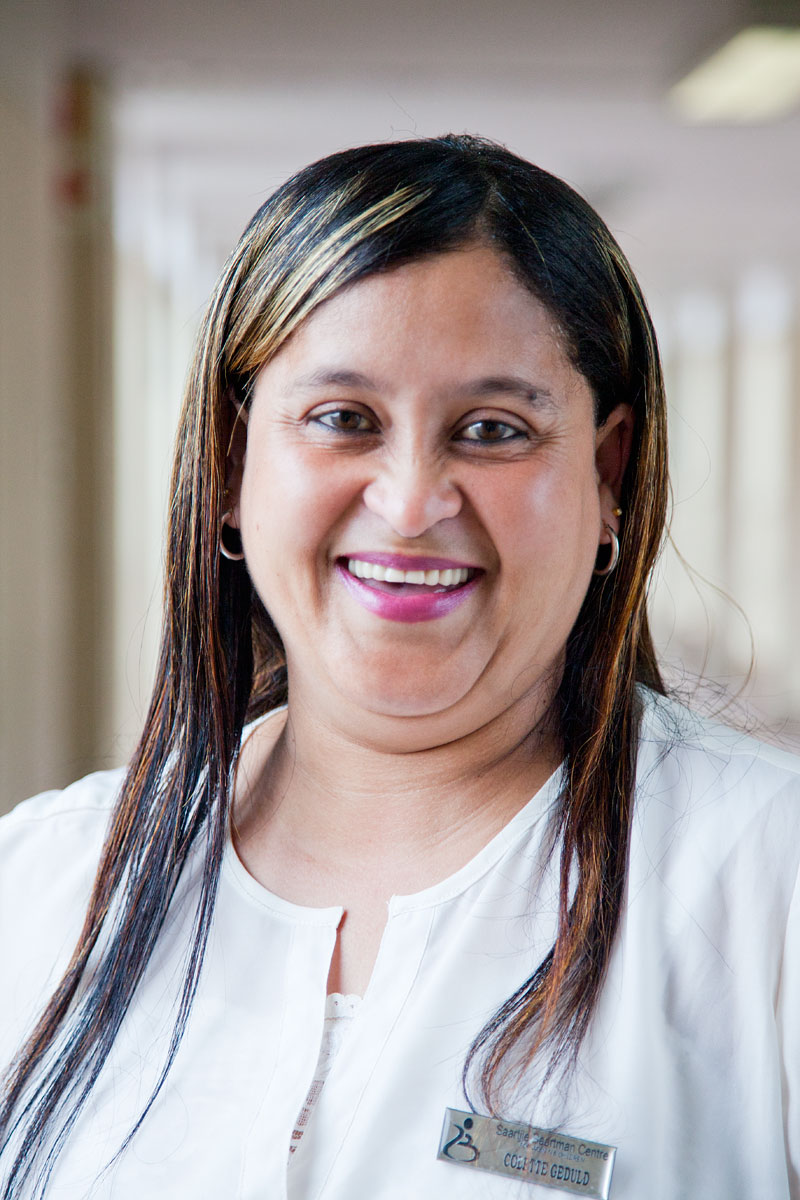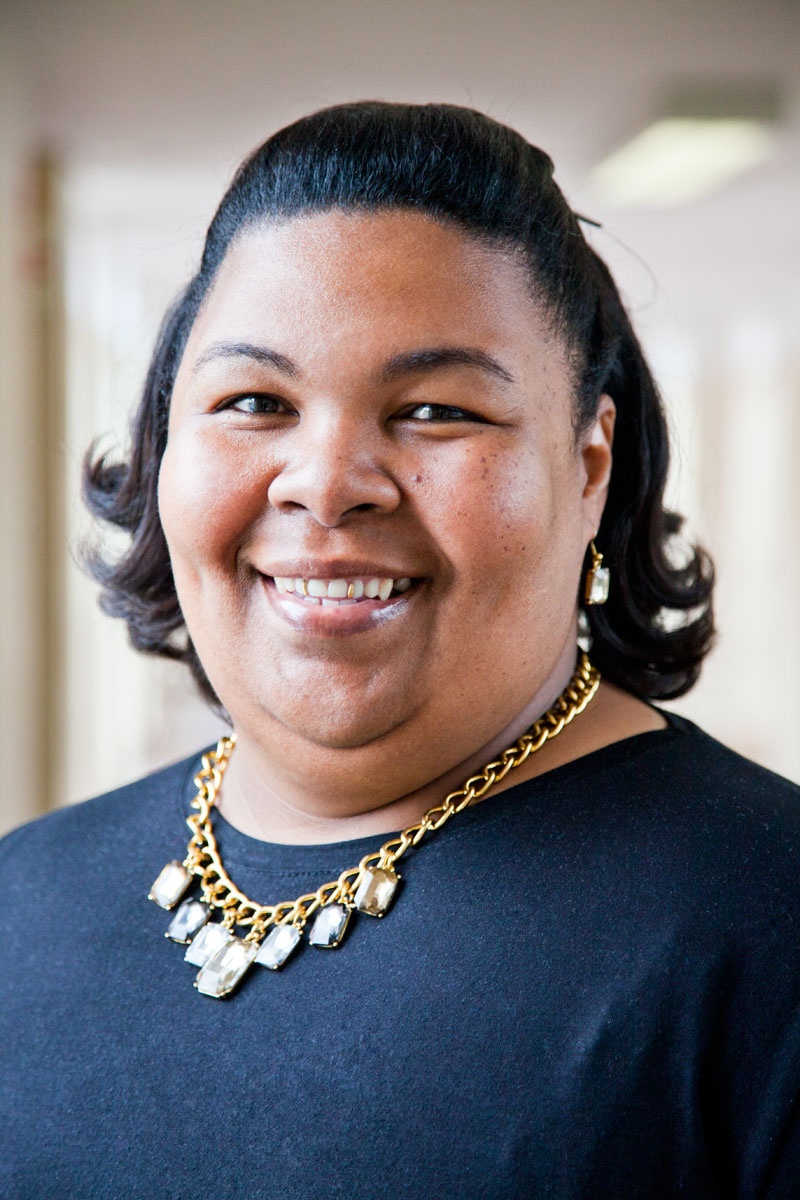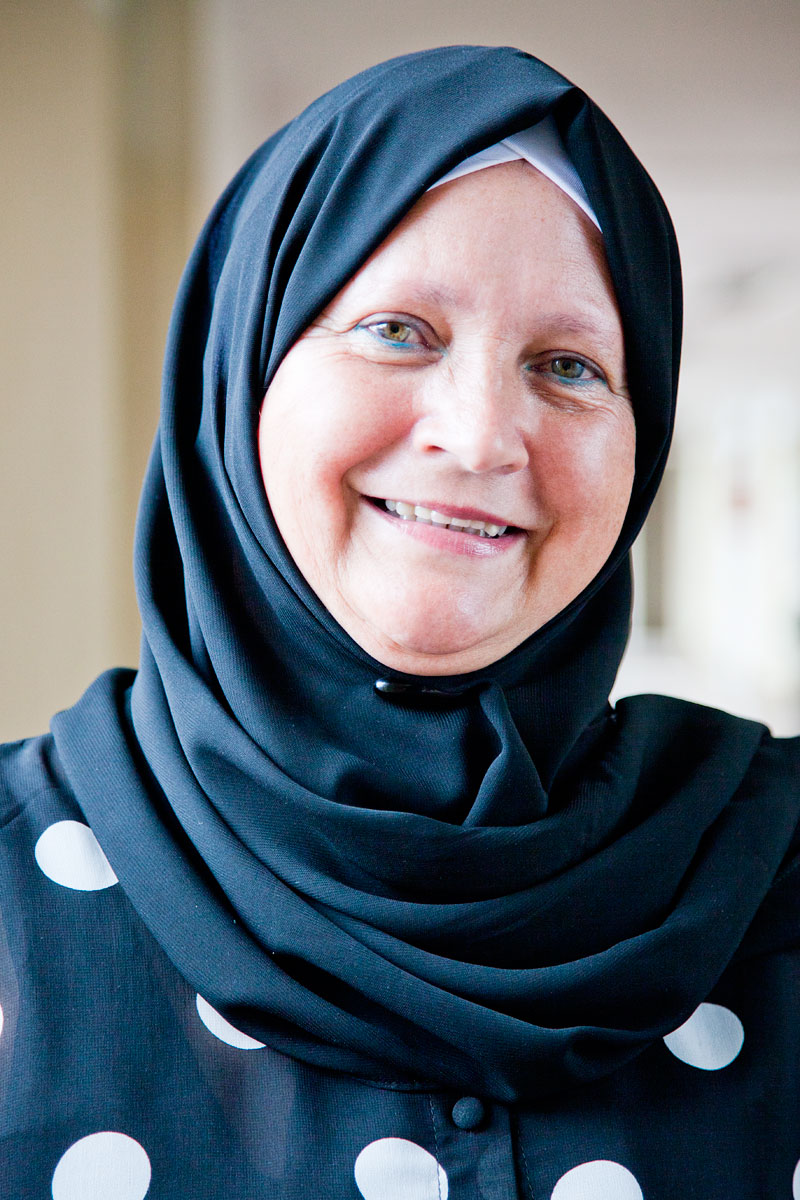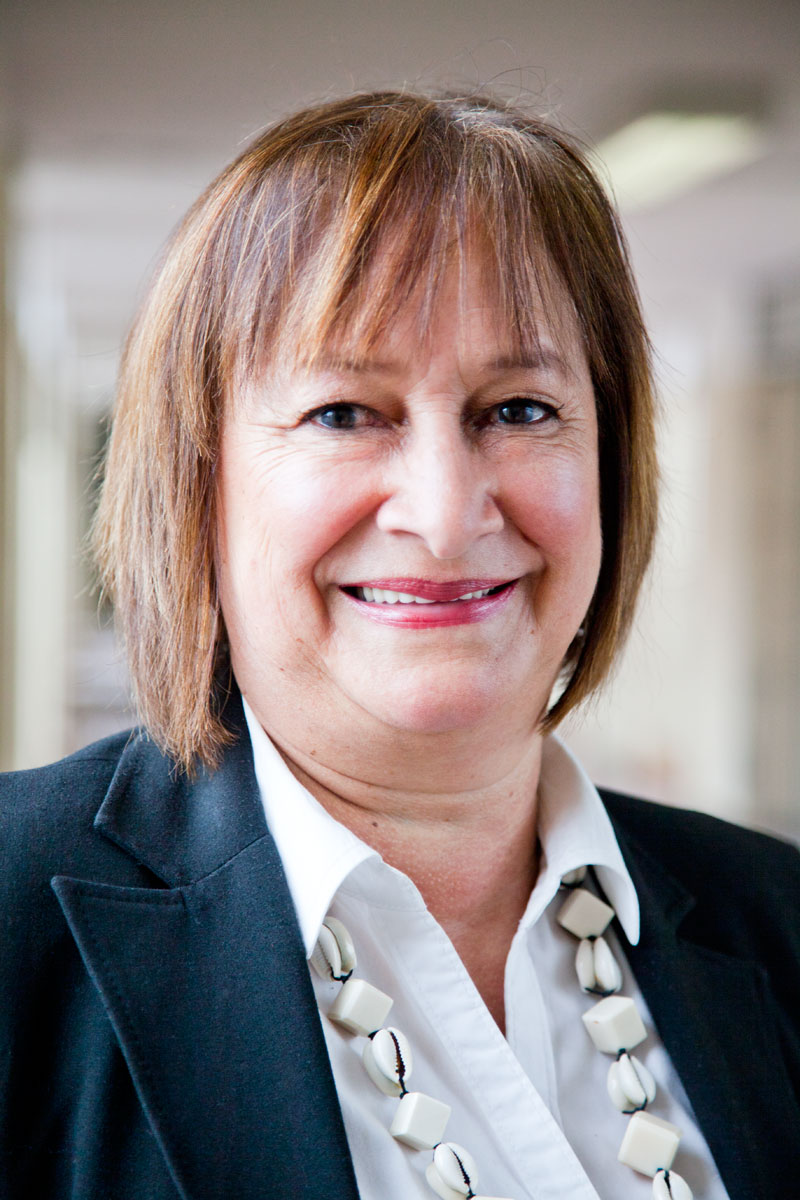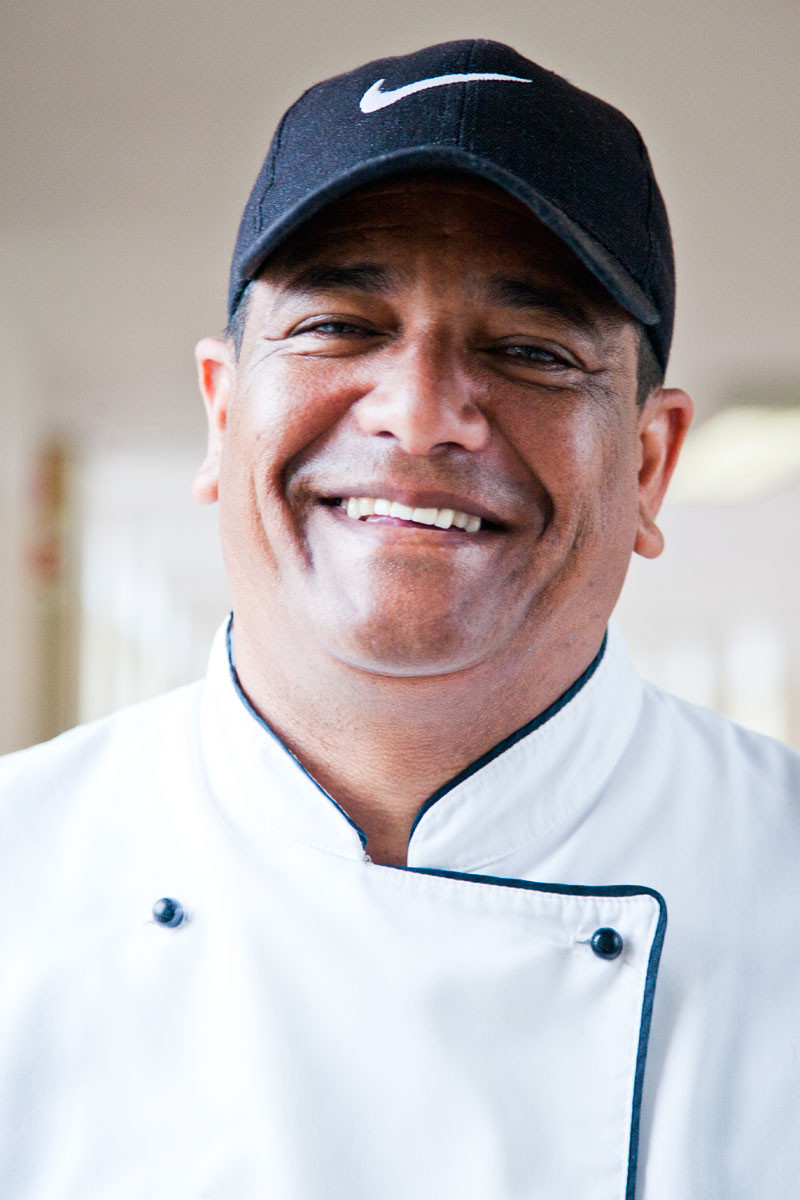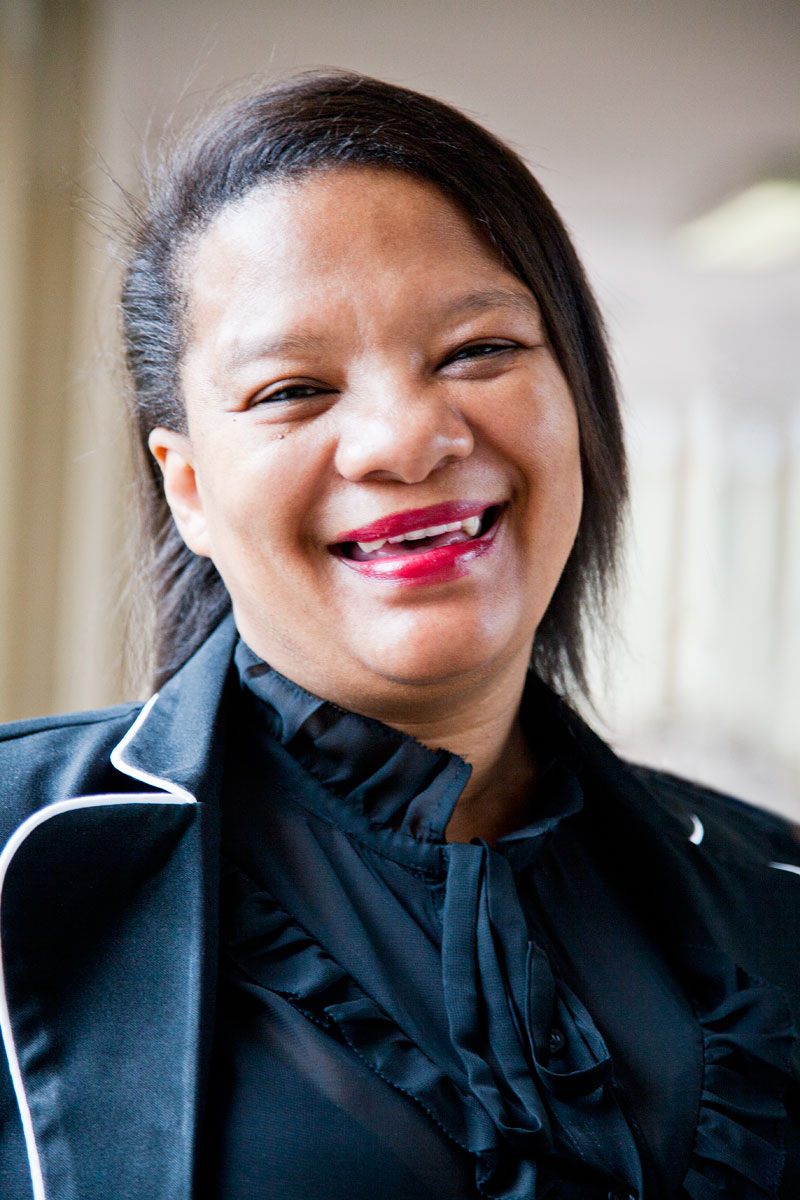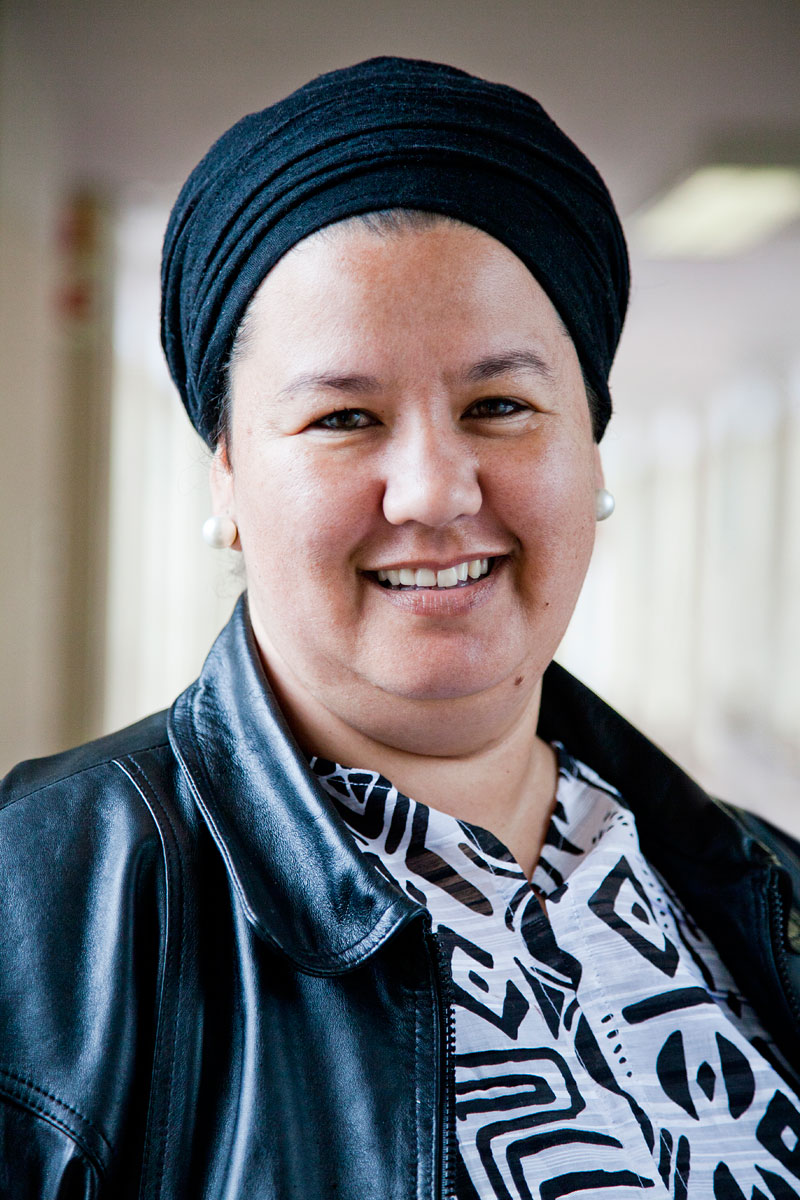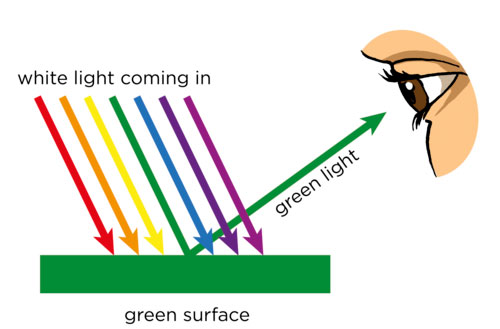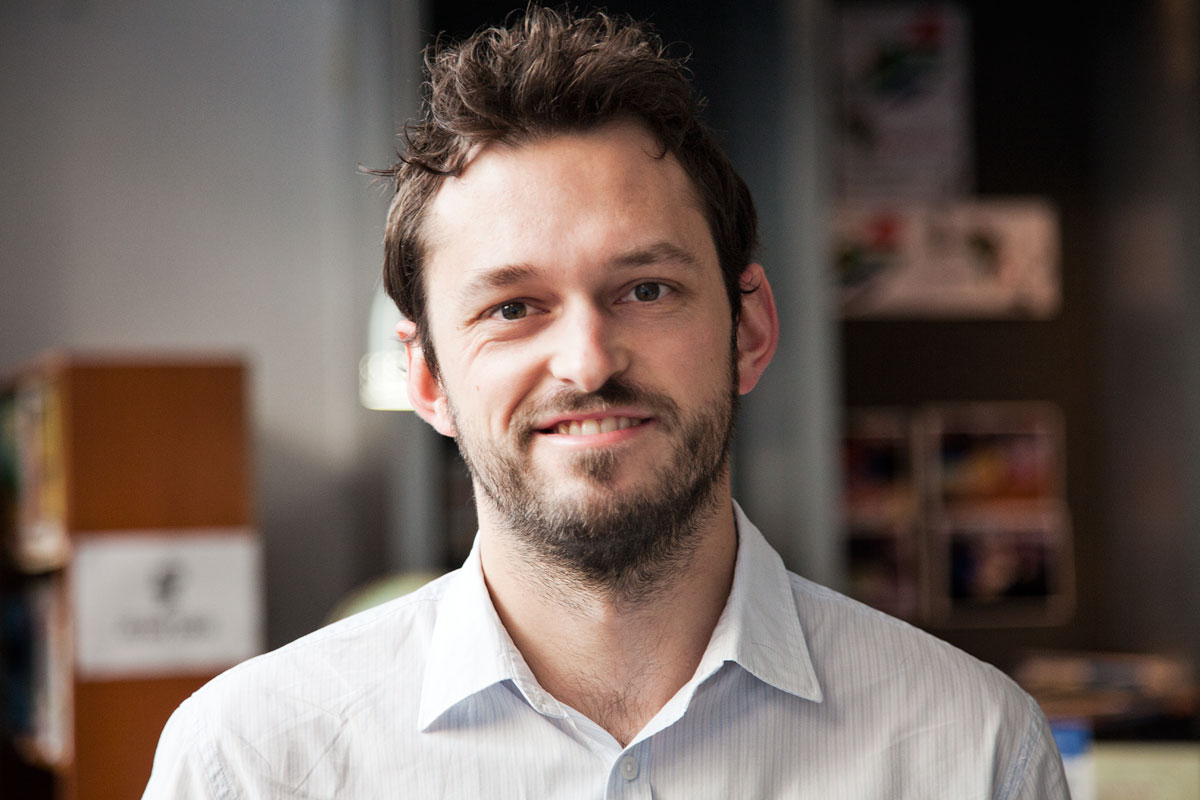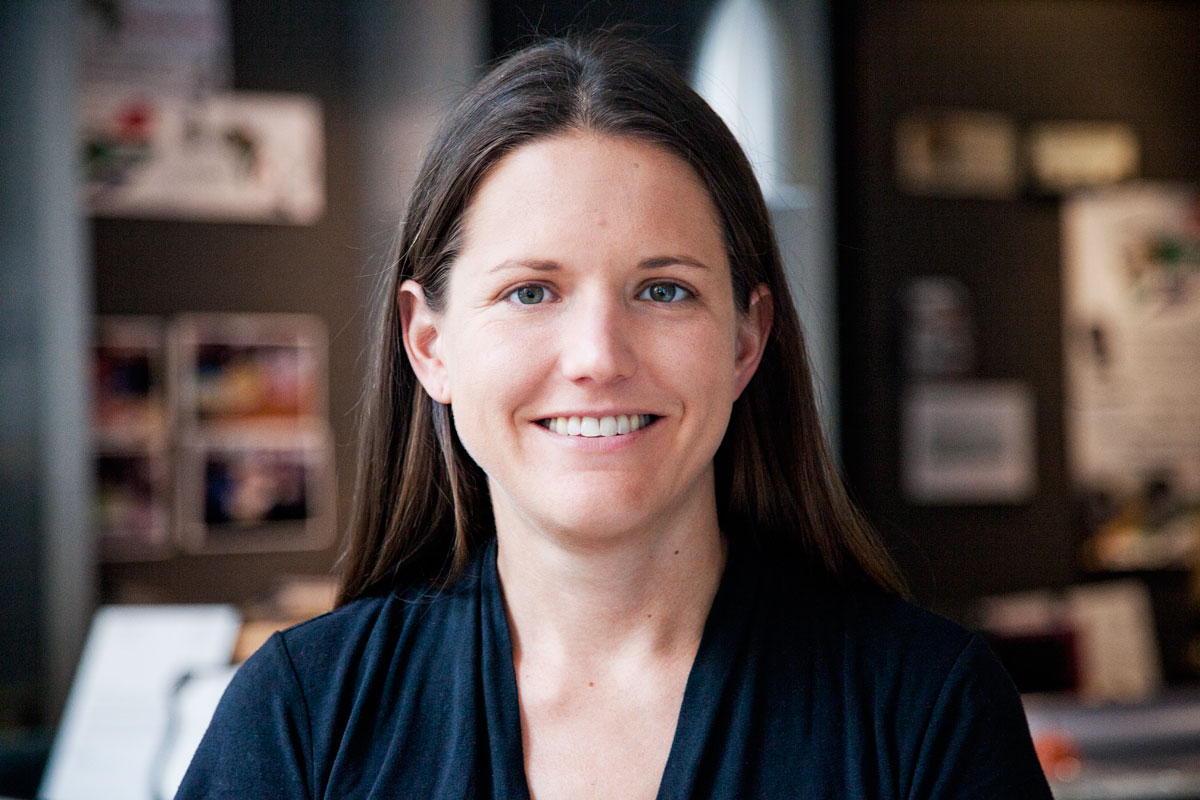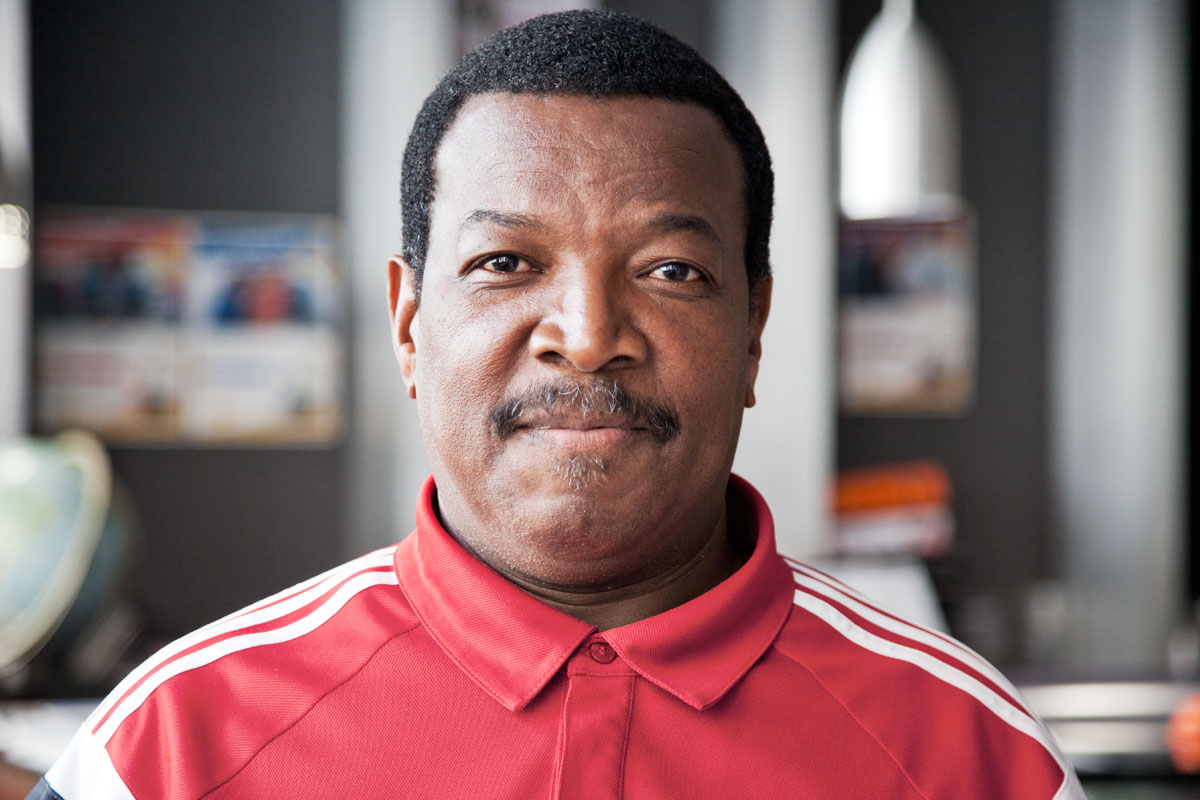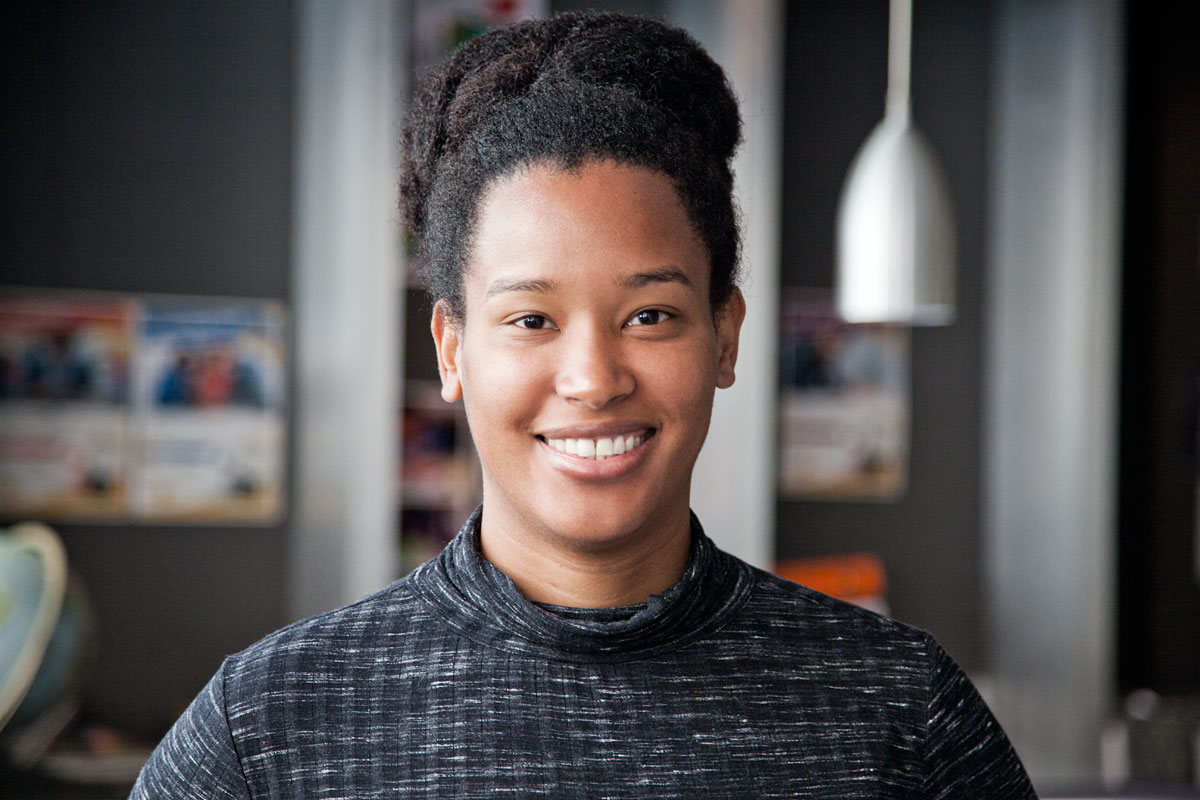It's lovely when the universe conspires, so this month the NGO came to me. A good friend asked if I would be interested in offering my services to the NGO she is involved with. After a quick chat and a look at their website, I decided this is an organisation that I would love to work with.
SAYes is a non-profit organization that train and support volunteer to mentor vulnerable young people. Gillian Anderson and Michelle Potter founded the organization for you people living in children's homes in South Africa in 2008.
"South Africa can't afford not to inspire new leaders of social change. We train and support mentors to improve the impact of programmes for vulnerable young people - tractably, sustainably and at scale."
- By SAYes Mentoring
Their purpose is to inspire and inform leaders of social change through mentoring. They're aim is to improve social impact, reducing social inequality and creating and supporting youth programmes to do good, better.
"We think of social change as something you want to do with your time. So we offer a professional and personalised service to help you do it well."
- SAYes Mentoring
SAYes also facilitate and support social initiatives like first time career opportunities for young people with mentor guidance to make a visible impact. Also including many youth programmes and services run by non-profits and government. These programmes are well researched and aim to improve independence and well-being, creating youth that are able to make informed choices and follow healthy practices.
The team of support specialists is trained counselors, educators, coaches and social workers that coordinates information, resources and opportunities among the partners, volunteers and programmes. Their purpose is to "ignite opportunities for social change by providing a professional and personalised service to each mentor-mentee match".
TRANSITION MENTORING PLATFORM
All SAYes and SAYes affiliated programmes are run on the Transition to Independent Living (TIL) platform managed by SAYes. TIL relies on mentorship along with cross-sector collaboration, digital infrastructure, and nested support to optimise meaningful transitions. TIL includes:
- Recruitment and screening of volunteer mentors including local and international police clearance and background checks.
- Volunteer fit evaluation based on a comprehensive online application and interview.
- Transition mentorship training (for both mentors and mentees) focused on mentoring and strategic planning for personal transition.
- Youth population training focused on working with different groups of young people in context.
- Placement on a SAYes or SAYes affiliated programme designed to support a specific youth population by providing evidence-based curricula and/or services.
- Facilitated mentor-mentee matching using credible psychometric tools.
- Transition mentoring face-to-face with a young person for 1 hour per week for 9 months.
- Online transition tools, software and resources to support transition planning.
- Business partners providing mentored youth with career opportunities and resources (products or services).
- Non-profit partners providing mentored youth with access to additional programmes and services.
- Drop-in sessions in a particular field or area.
- Programme support specialists providing monitoring, transition and social work services to each mentor-mentee match.
There are many groups of vulnerable young people that could benefit from transition mentoring. SAYes affiliated programmes work with these groups using our transition platform. SAYes manages all TIL platform services for affiliated programmes, including the training and support of volunteer mentors, while the programme curricula and/or services are provided by the non-profit partner.
To get involved, please contact:
SAYes Mentoring
+27 (0)21 830 0795
volunteer@sa-yes.com
c/o Brickfield Call Centre
35 Brickfield Road
Woodstock
Cape Town
7925
or Visit their website





















